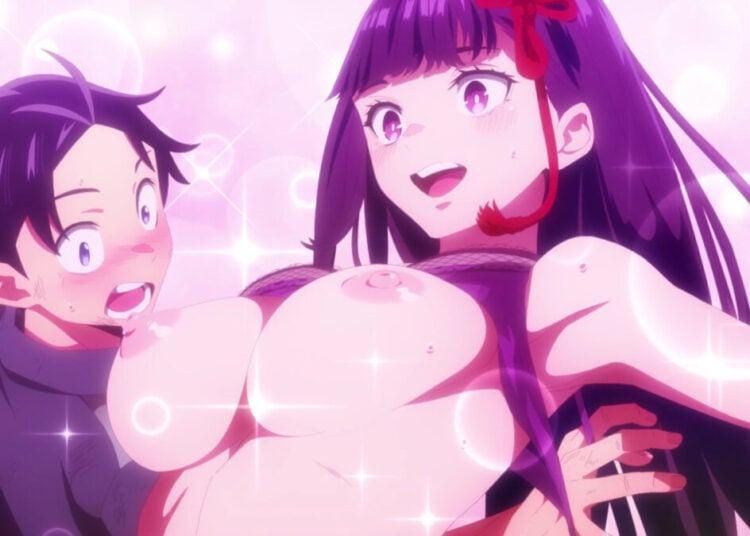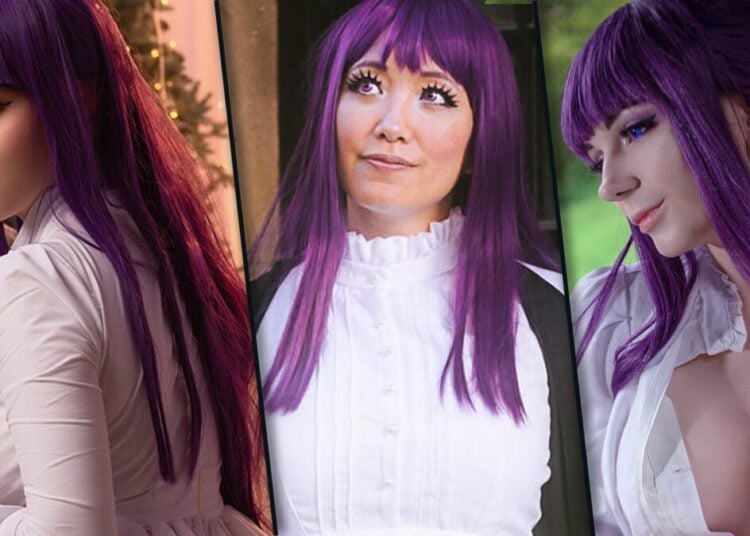Sasakura runs into a former bartending colleague and discovers what happened to his mentor.
Episode 9 — “North Wind”
Hmm. Bartender Glass of God Tasting Notes.
Soothe the soul or kick soldiers back into the fight? Bartender Glass of God shows us how a difference in location and clientele changes a bartender’s job. In the expensive haunts we’ve seen Sasakura in so far, he has the luxury of acting as a therapist, priest, or supportive friend. Then we have Kitakata, Sasakura’s old colleague. He runs a dive bar whose patrons need stiffer medicine than the ones that soothe souls. If Sasakura runs a hospital for wounded souls, Kitakata manages a field triage medical tent.
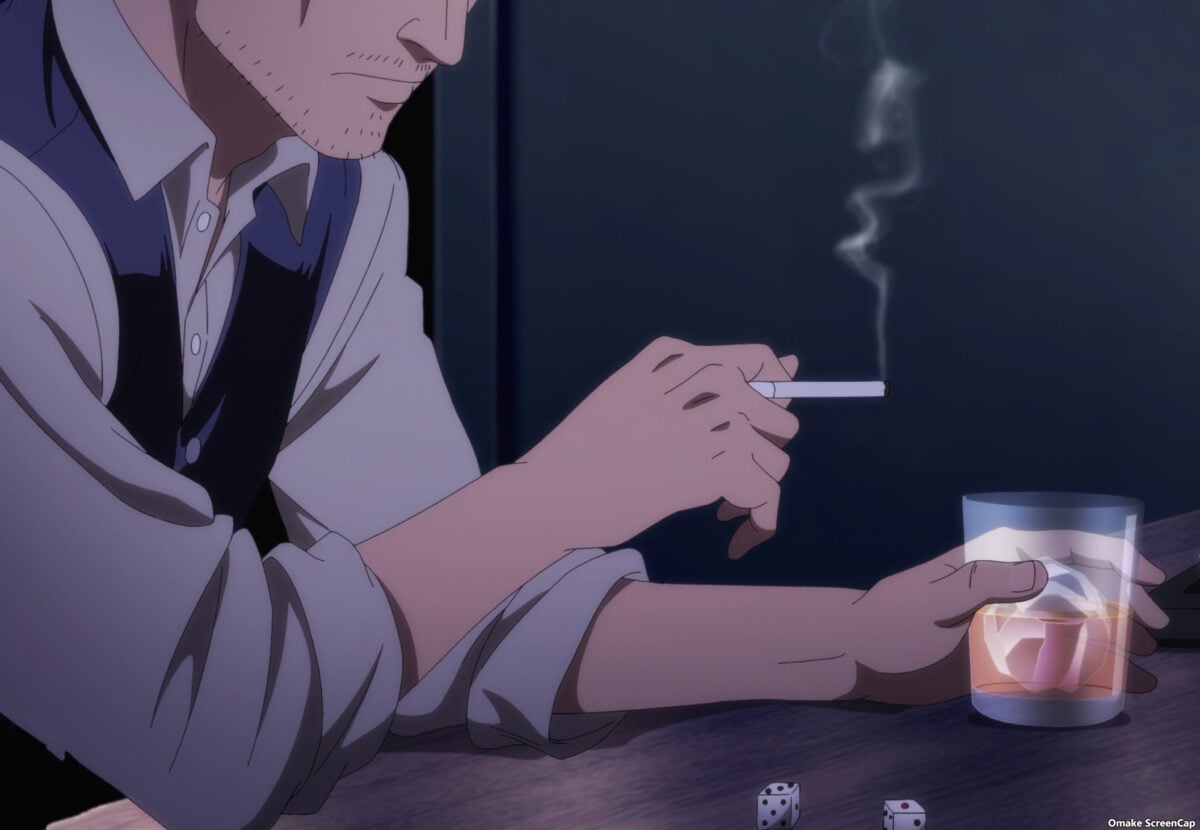
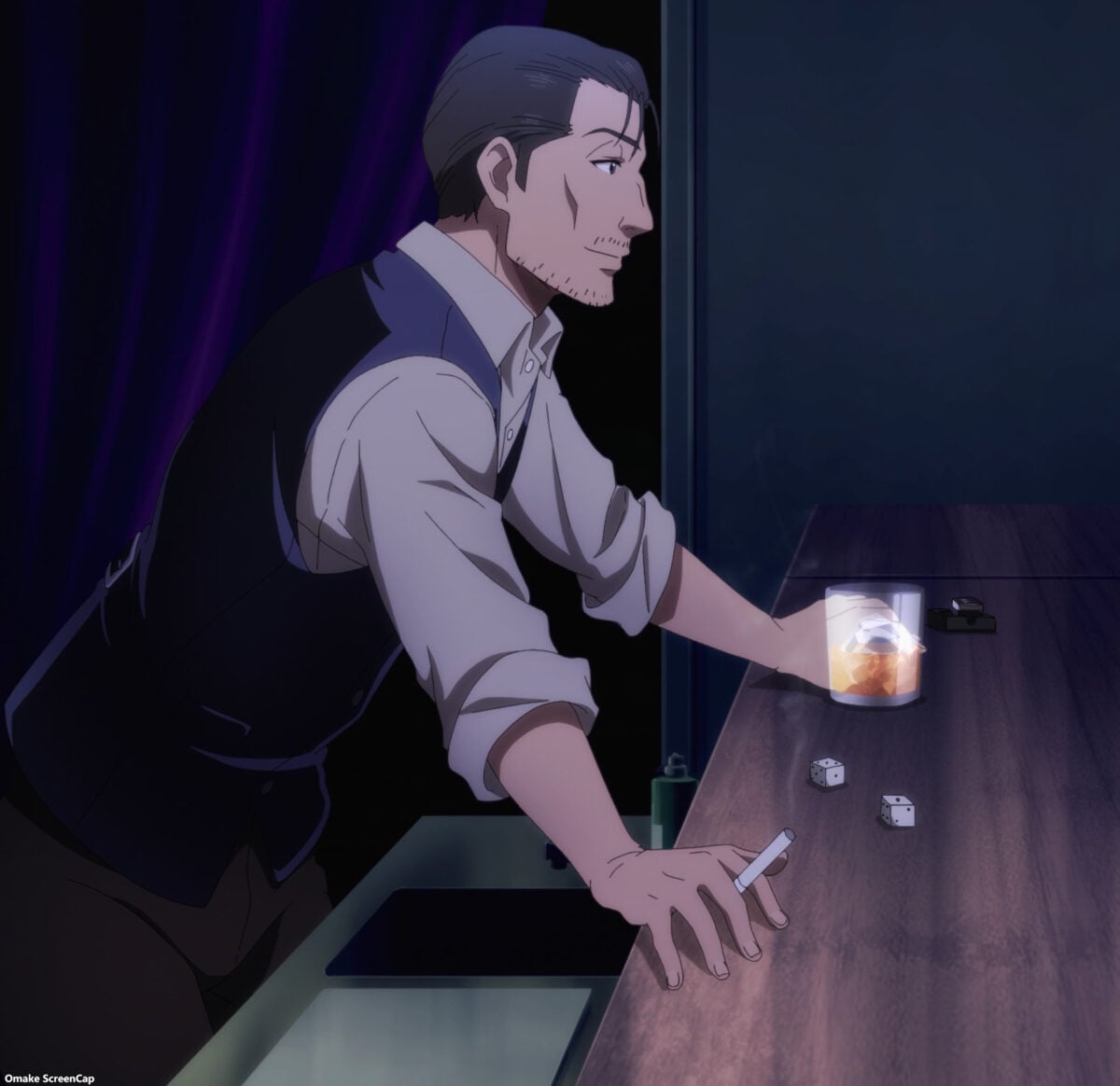
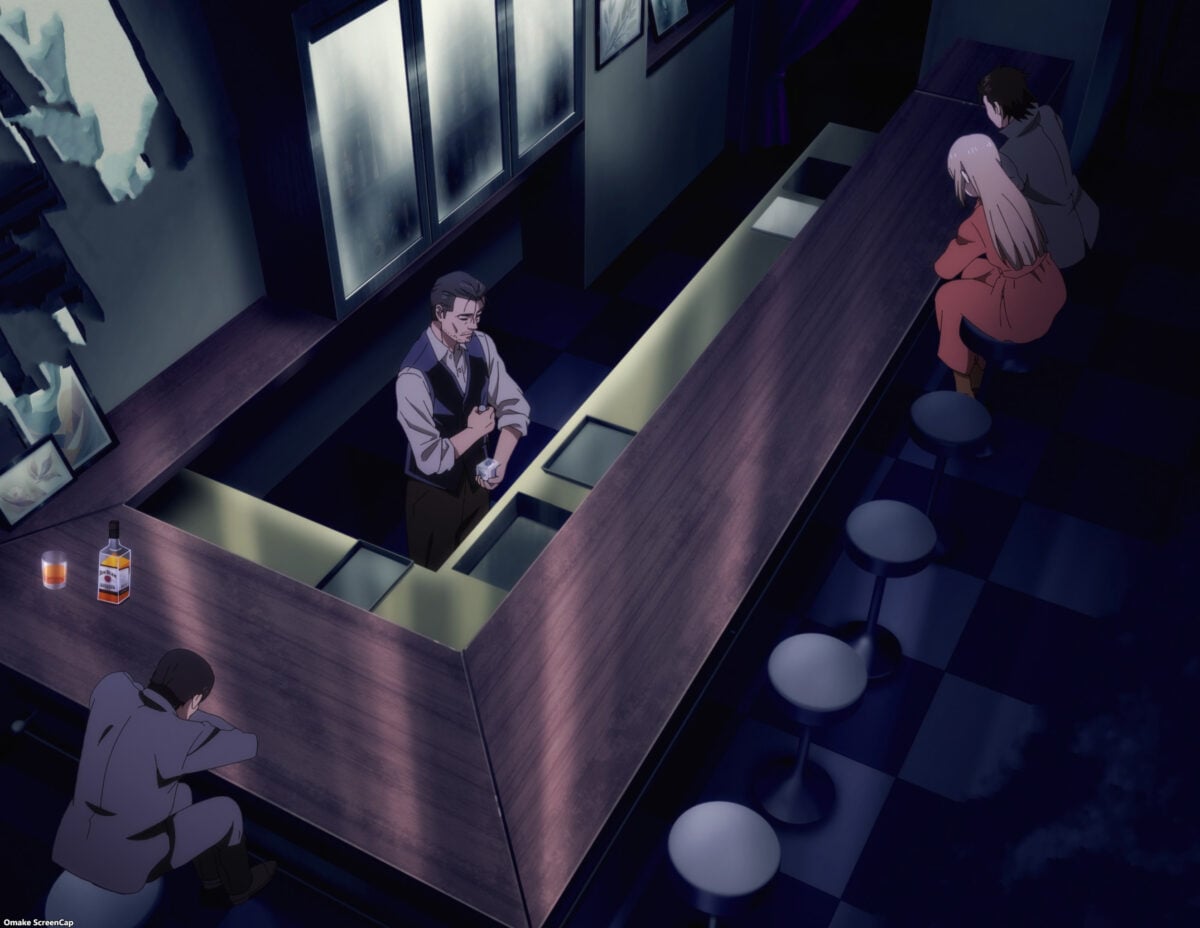
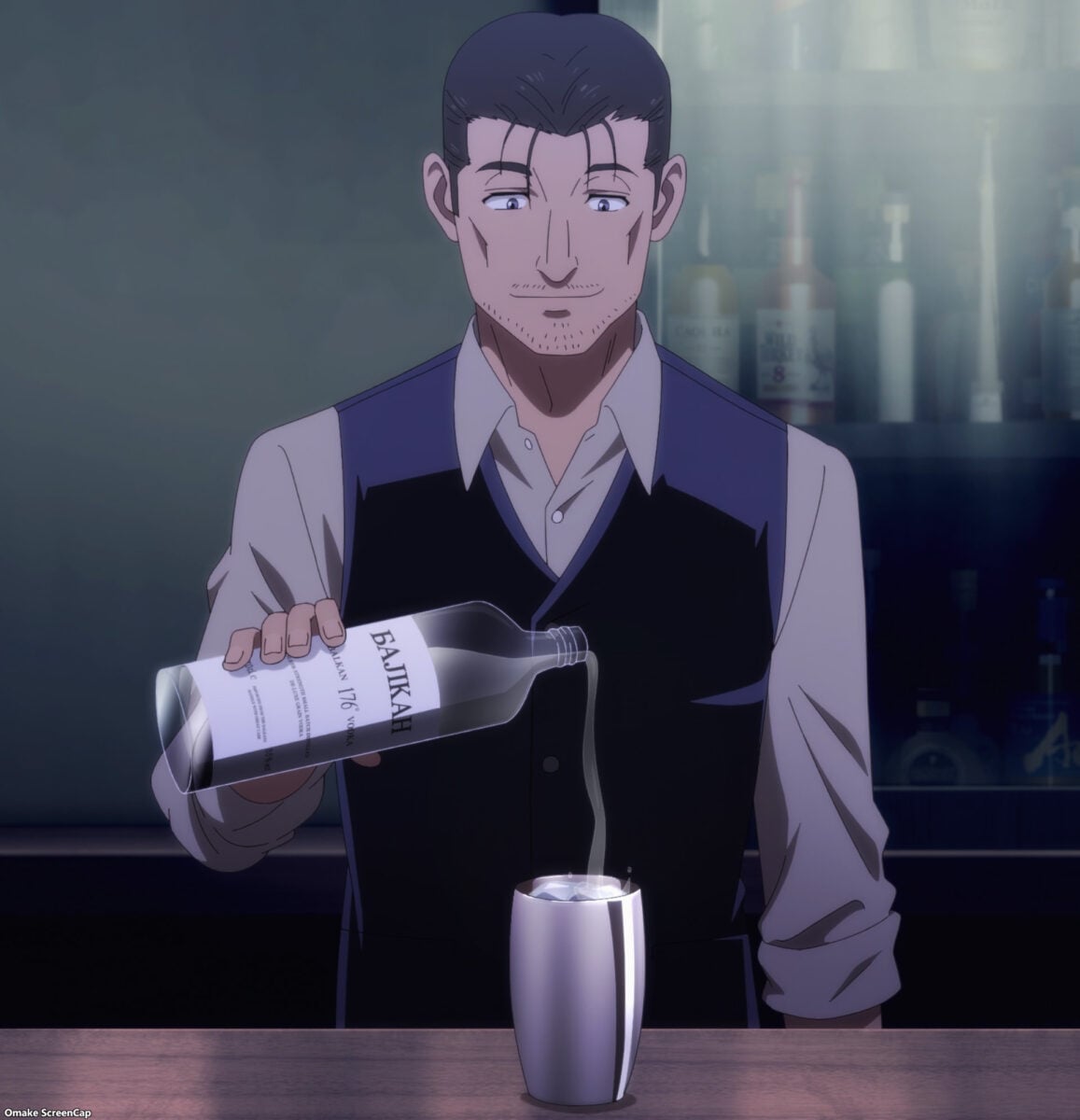
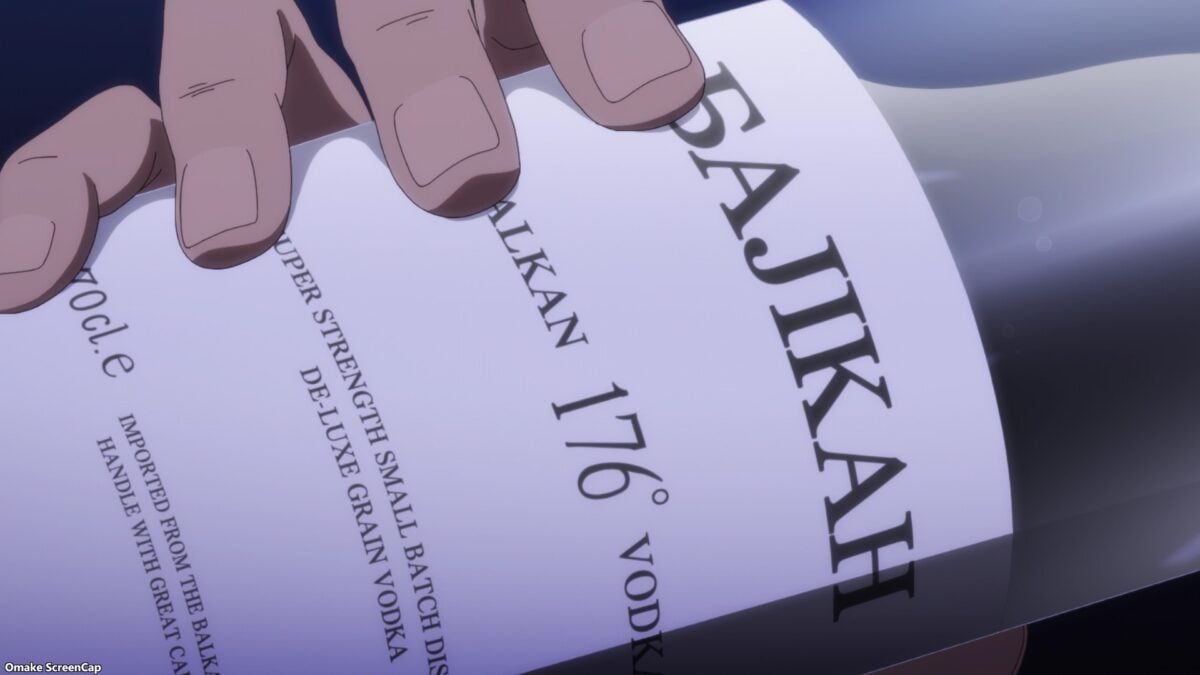
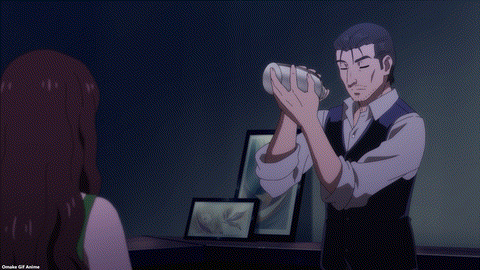
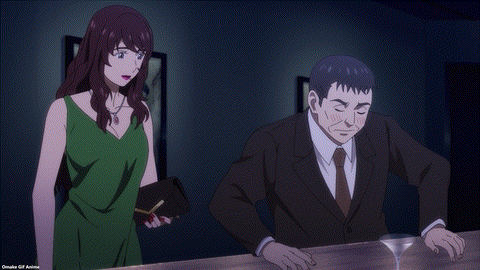
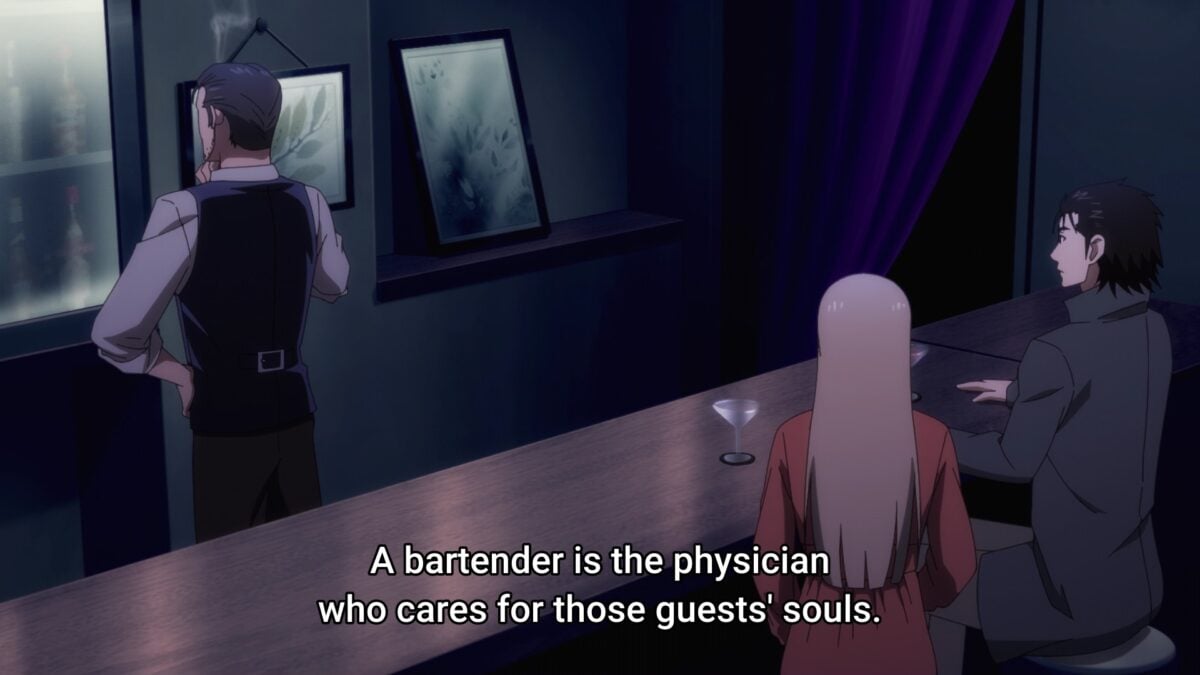
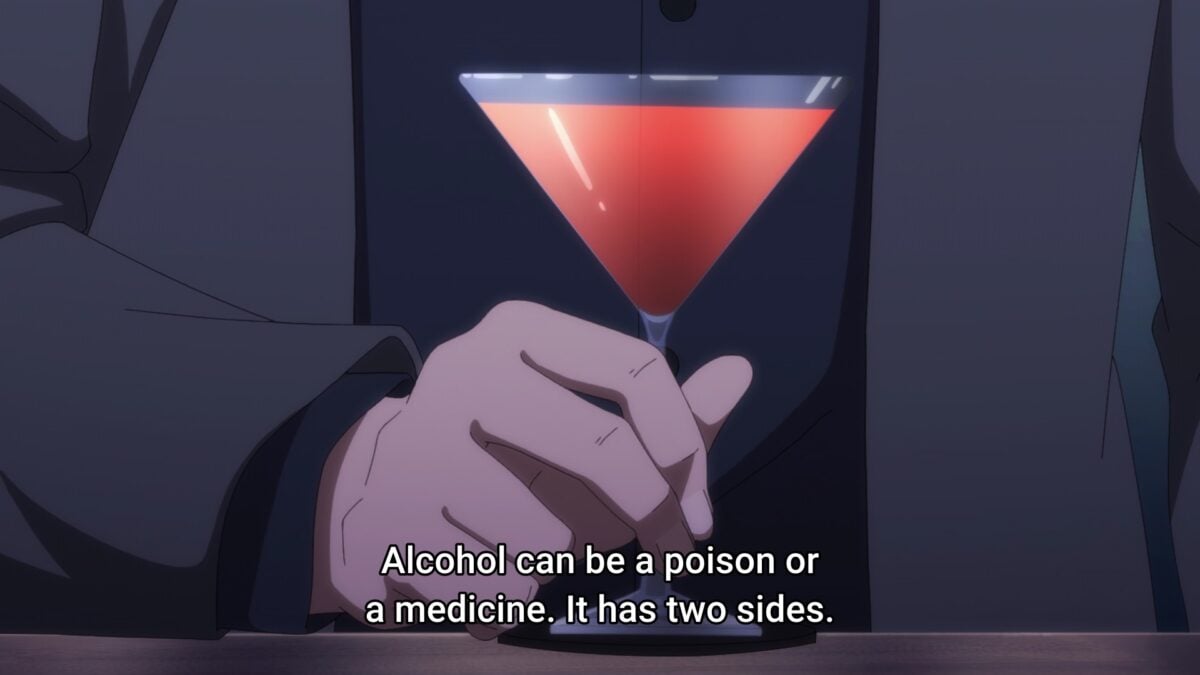
His customers’ psyches fight for survival to meet the next day, making him a combat medic. But like any other medicine, alcohol can be a poison because it’s the dosage and intention that matters. So sometimes, his regulars need self-defense instead of first aid. That’s when Kitakata turns medicine into poison. For example, to protect a hostess from a pushy guest, the dive bar bartender intoxicated the man with 176 Proof vodka. Instant drunken stupor. Soothing the soul means different things in different circumstances. Kitakata soothed the hostess’s soul by serving someone else, which ruffled Sasakura’s sensibilities.
Even a Dive Bar Has a Secret Ingredient
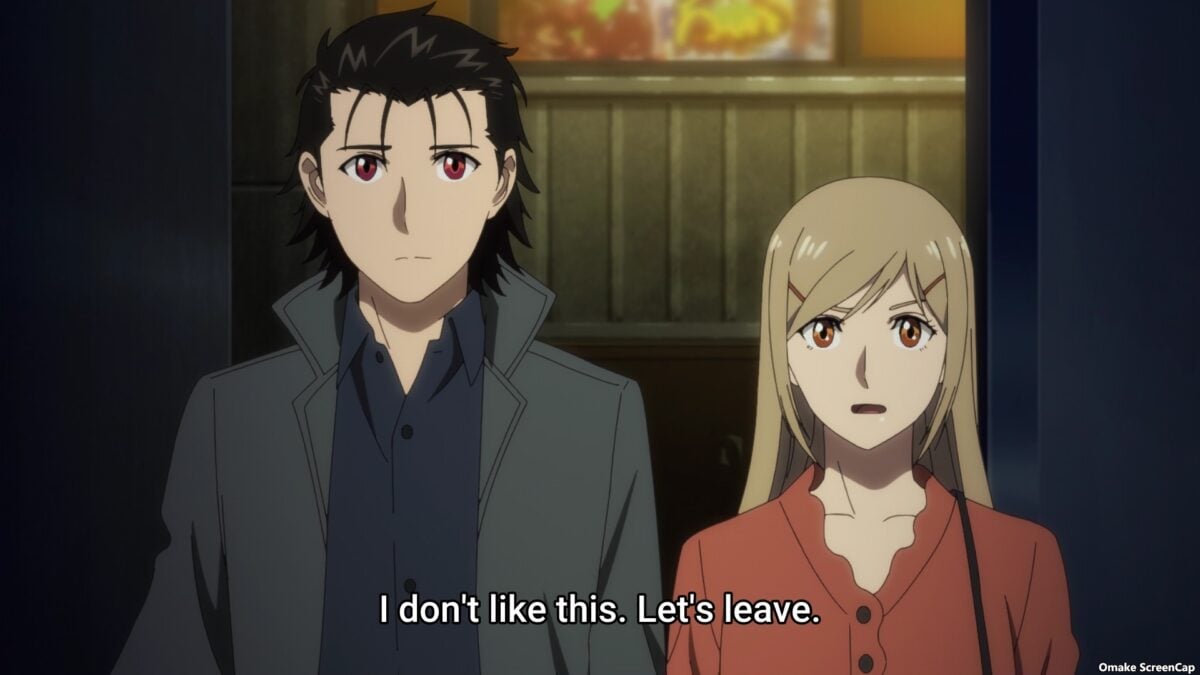
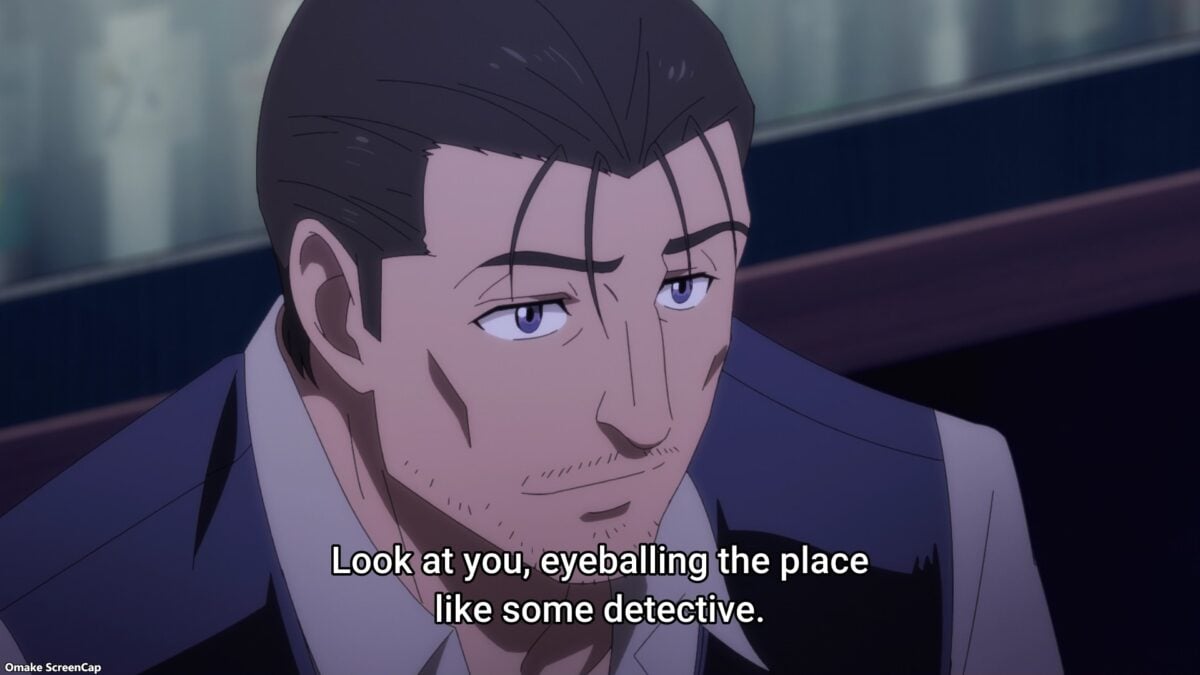
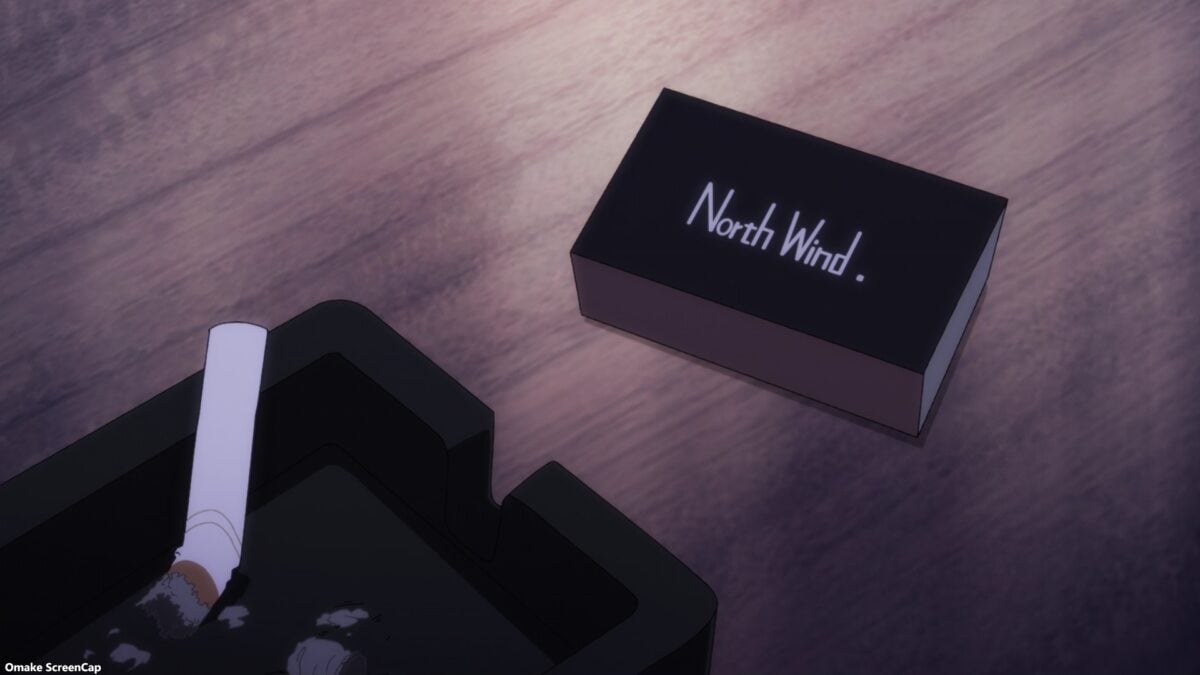

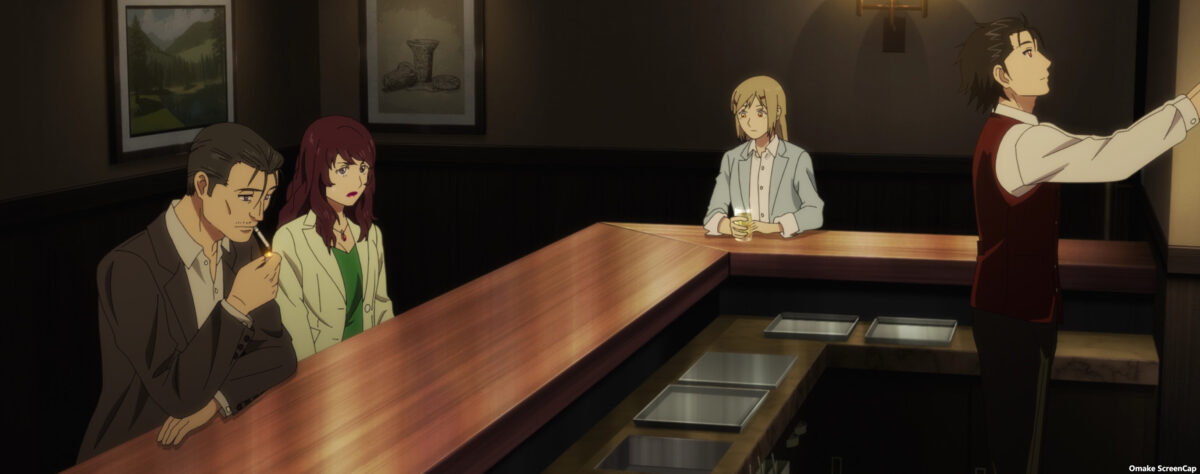
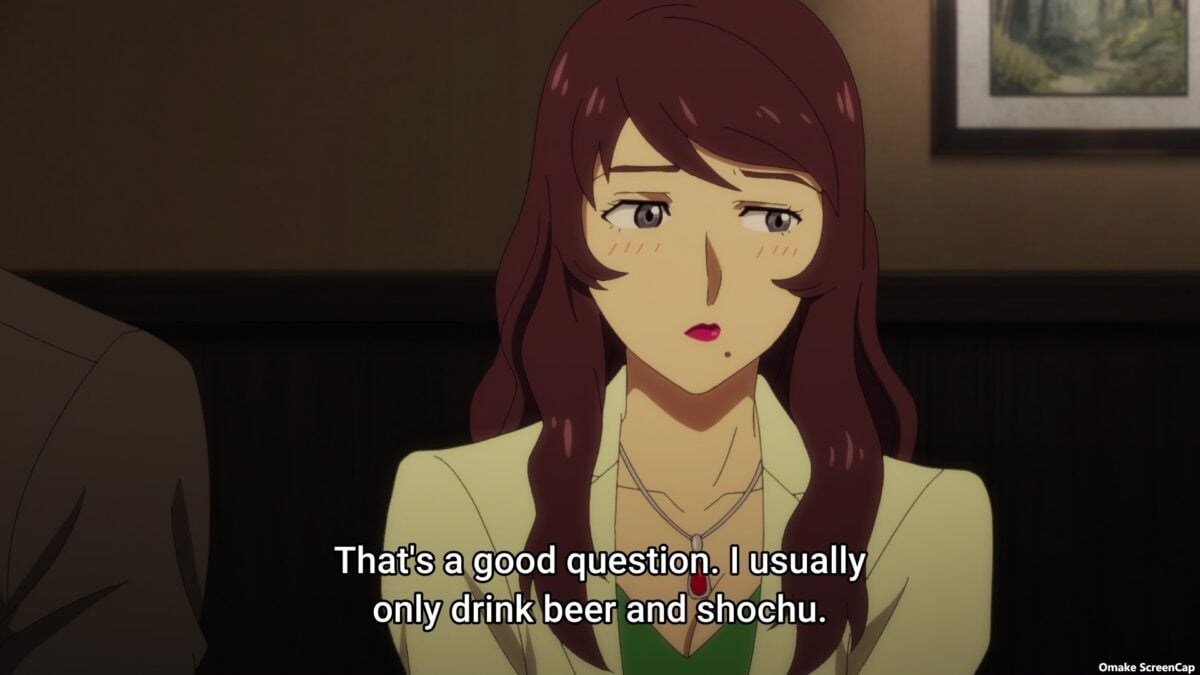
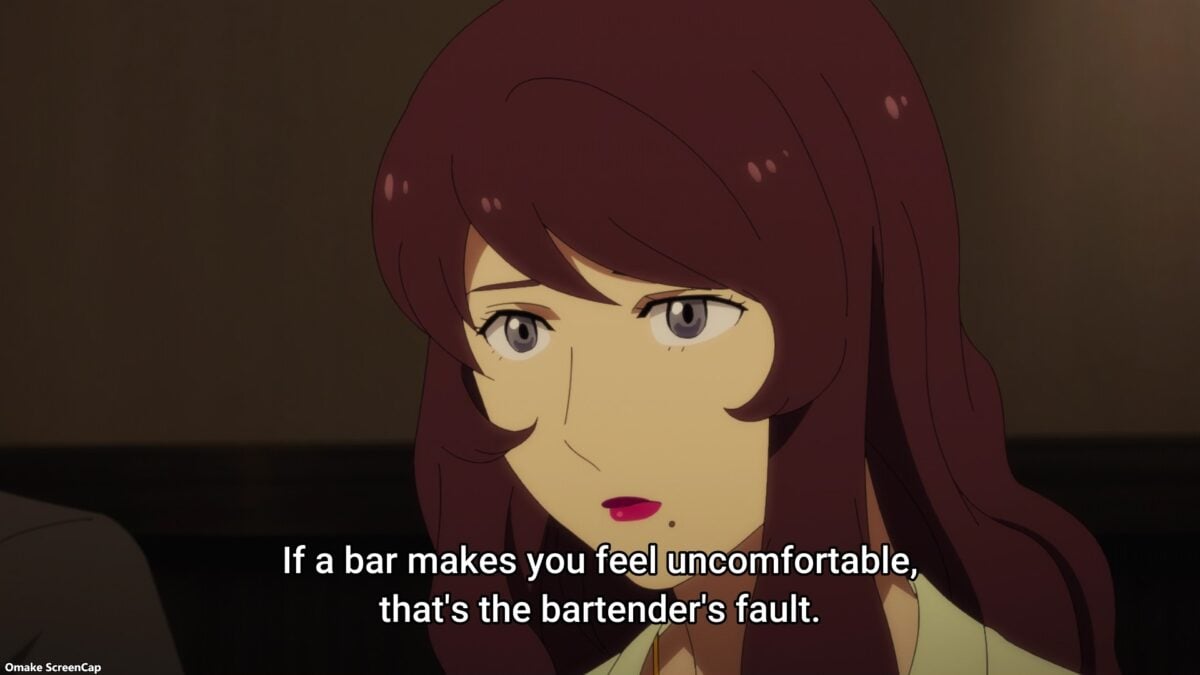
Kitakata’s dive bar, the North Wind (a play on words with his name and his mentor’s bar, Bar Kaze — 北, kita, north, and 風, kaze, wind), reminded the audience how a bar’s bartender is the secret ingredient for its general impression. The bar atmosphere suits the clientele, but its bartender can welcome any client. Did you notice the separate experiences between Miwa entering a dive bar and Kitakata’s hostess friend walking into an upscale counter bar in Ginza? Both initially felt out of place, but Sasakura welcomed an uncomfortable newcomer. What was Kitakata’s reaction? Dismissal. And the bartender at Edenhall, which doesn’t serve beer or shochu (a distilled Japanese spirit using koji mold instead of yeast for fermentation), concocted a mixed drink to suit his customer’s taste. Kitakata complimented Sasakura’s customer service, in addition to his mixology prowess.
Jim Beam Bourbon. Bartender Glass of God’s Symbol of Cheap Liquor
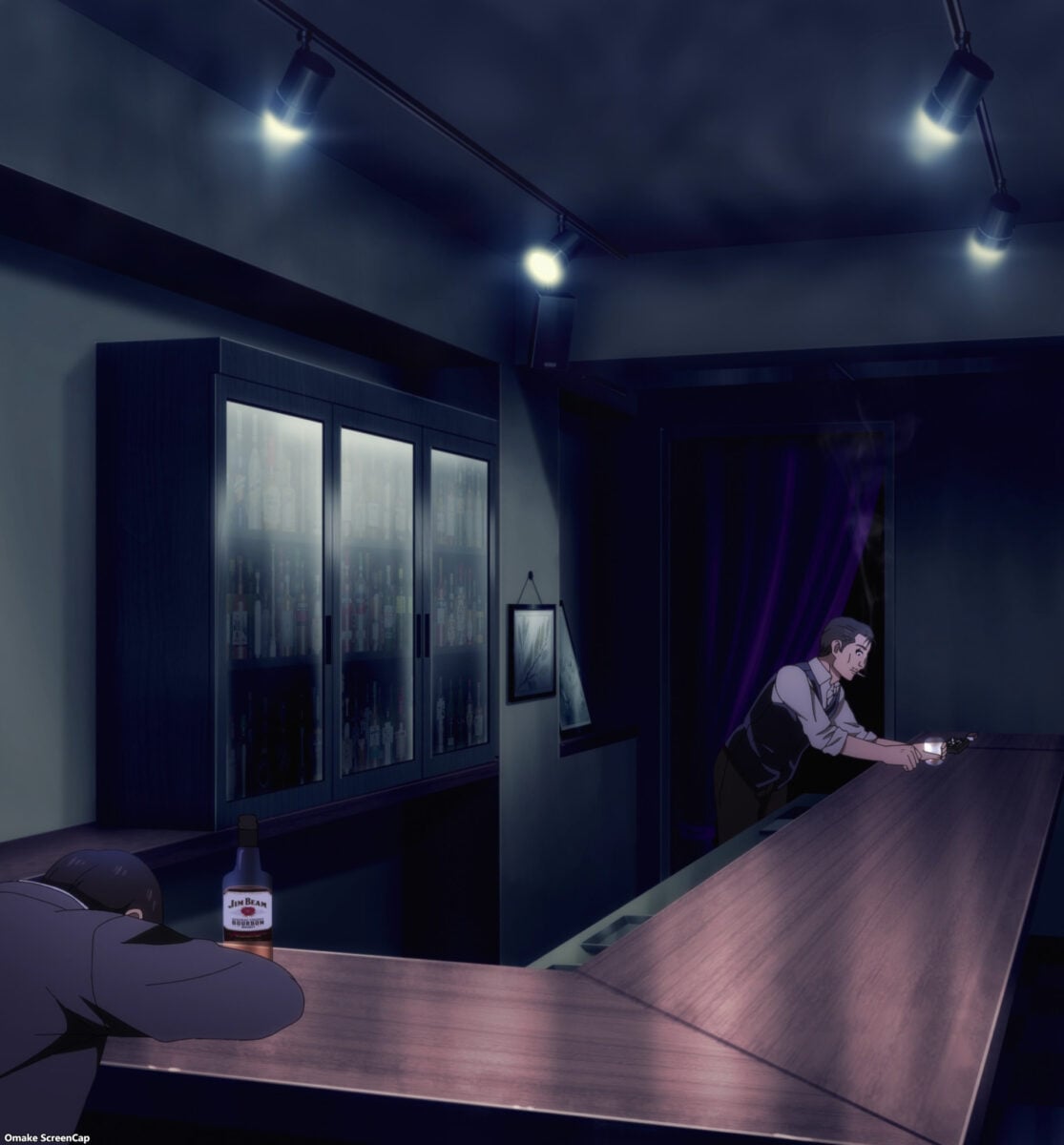
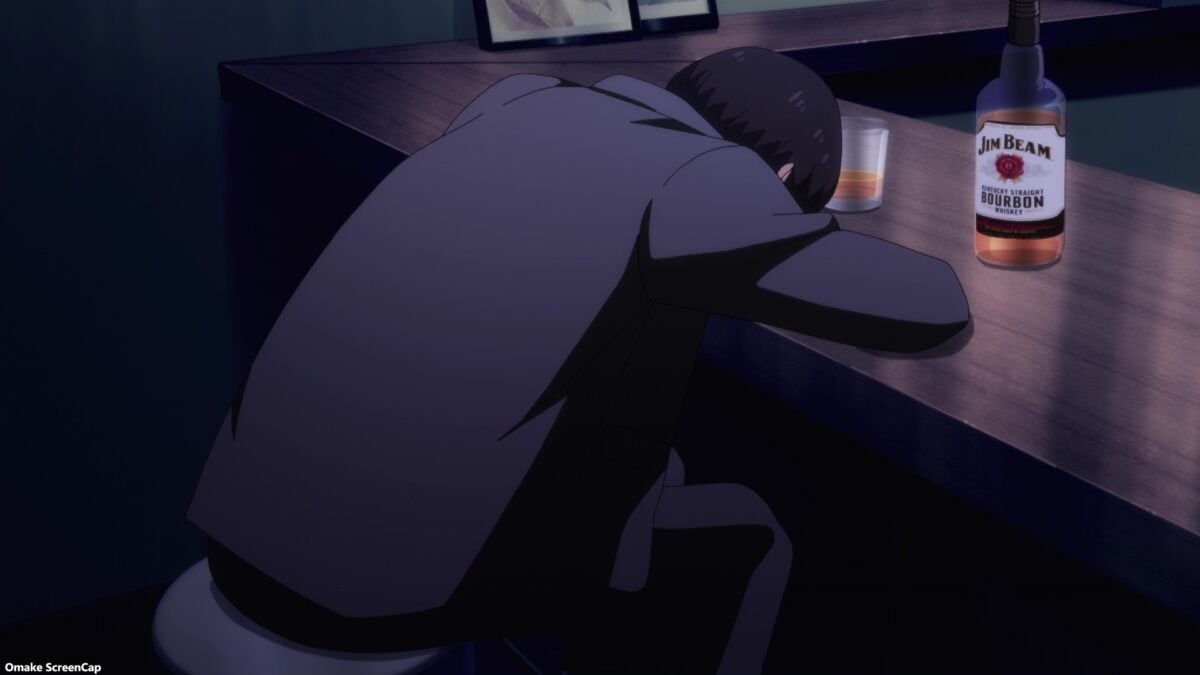
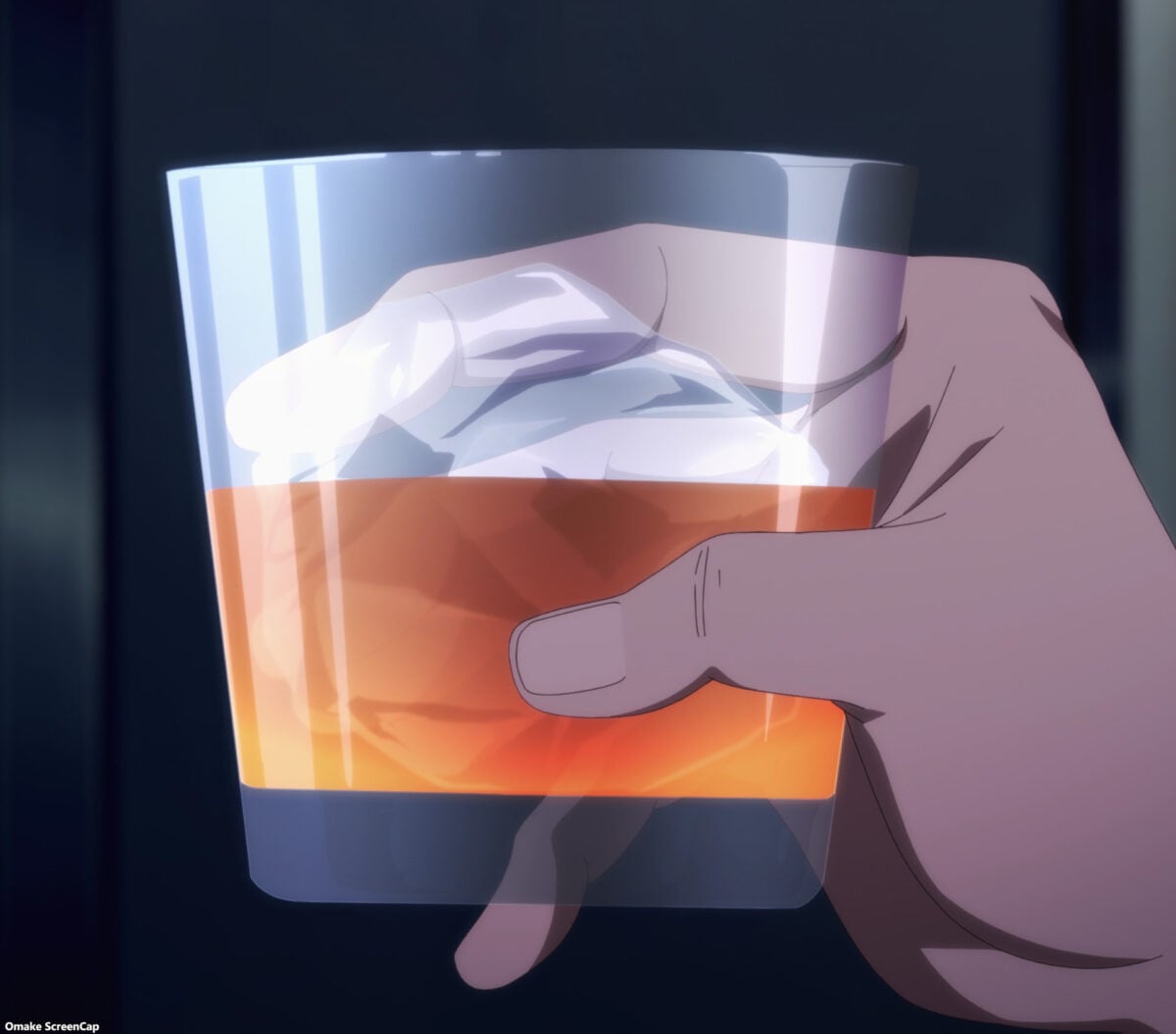
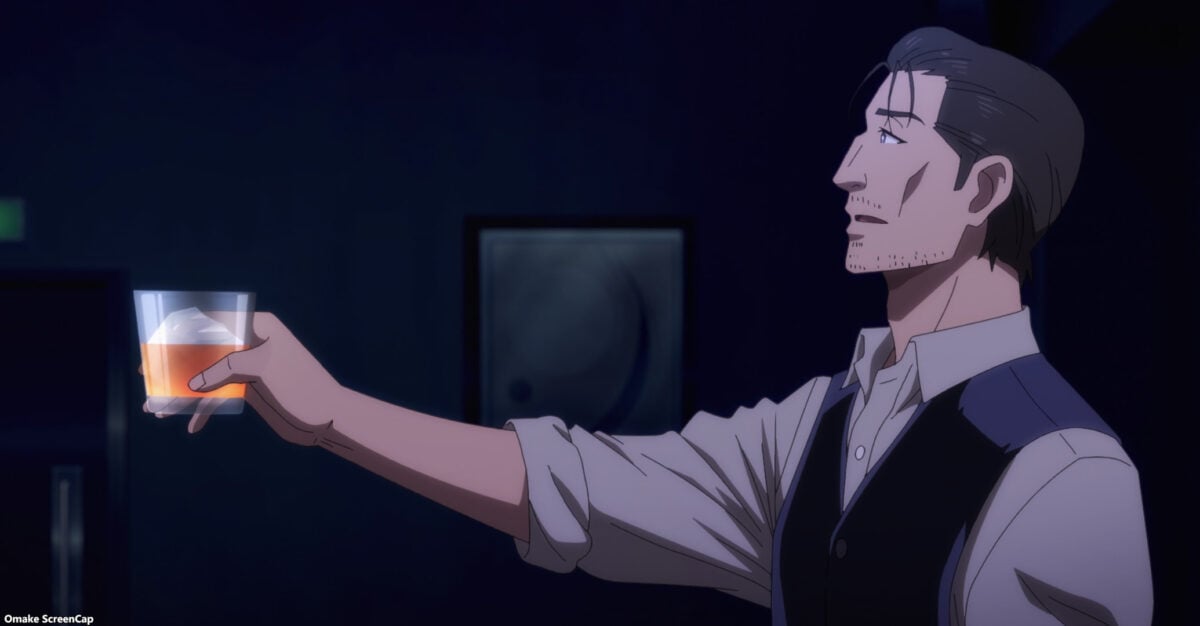
The official industry name of Jim Beam in America is Suntory Jim Beam. Yes, the Suntory Group owns the Kentucky whiskey conglomerate that owns several other distillery labels. Suntory also owns Maker’s Mark, which most spirit connoisseurs consider affordable, quality whisky. But Jim Beam white label? Cheap. Gets you there. Not terrible. It’s the “well drink” label of dive bar bourbons, almost everywhere. Even Japan, apparently! I couldn’t help but laugh when the first image of Kitakata’s North Wind bar was a barfly passed out with a bottle of Jim Beam white label next to him.
Bloody Mary and Bloody Caesar: Bartender Glass of God’s Ruthless Tyrants.
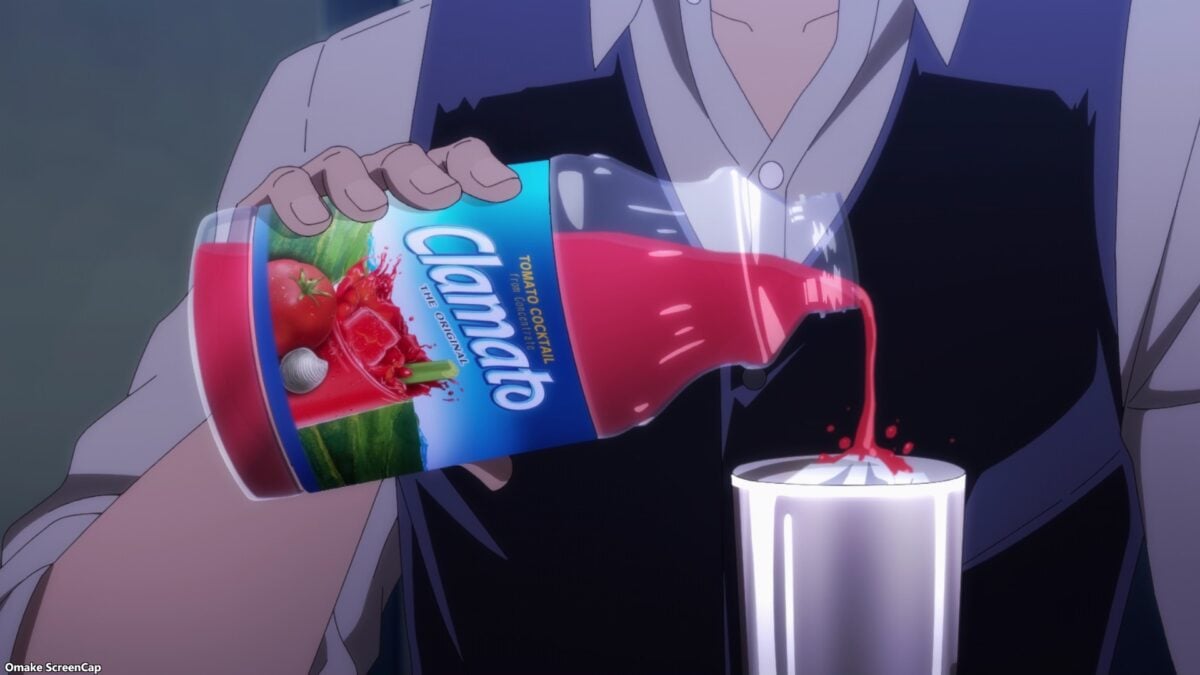
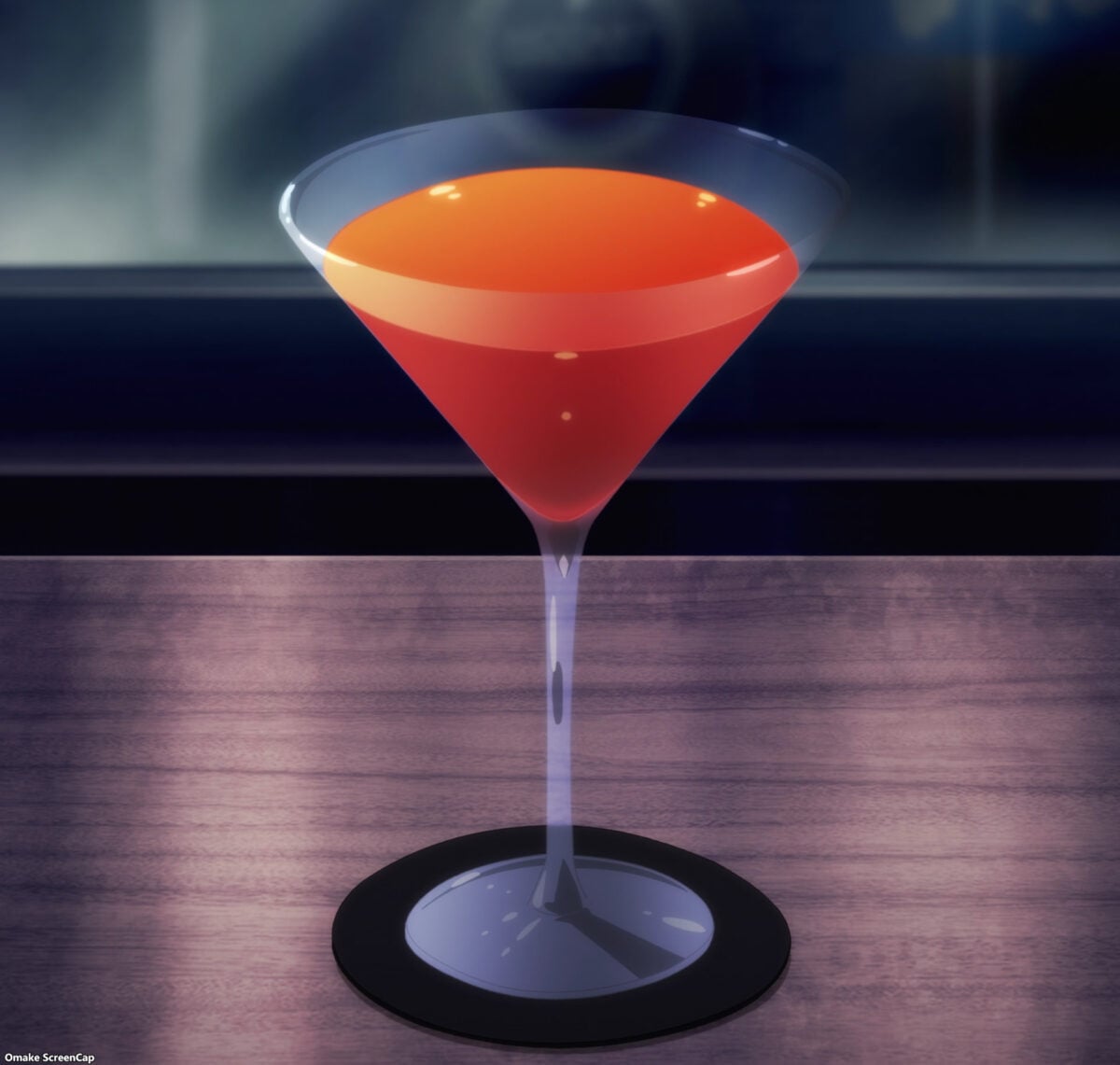
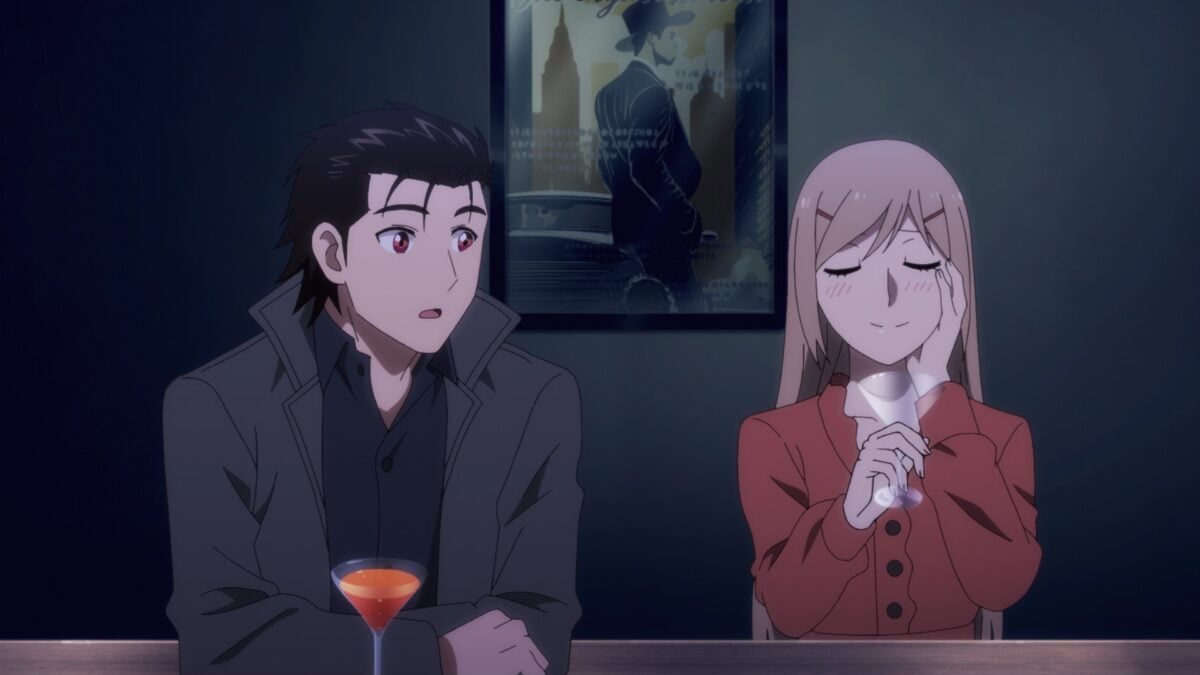
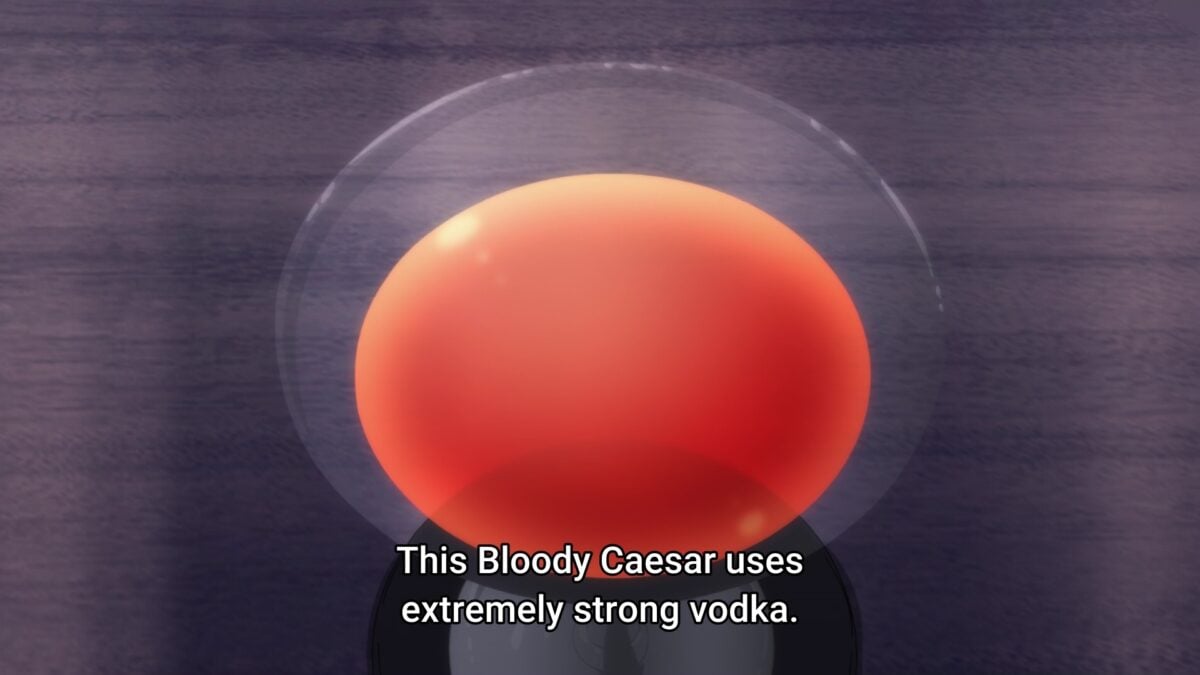
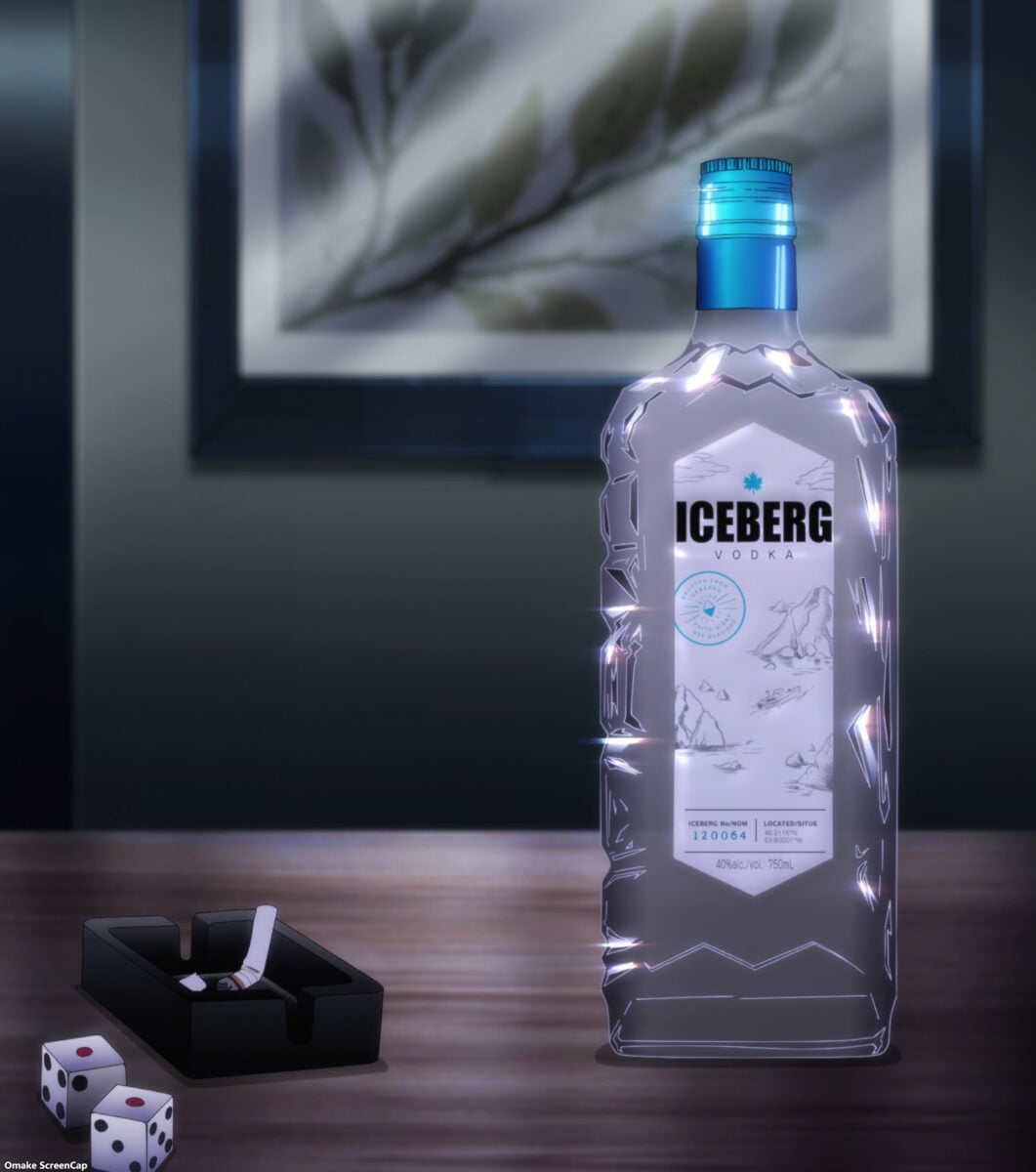
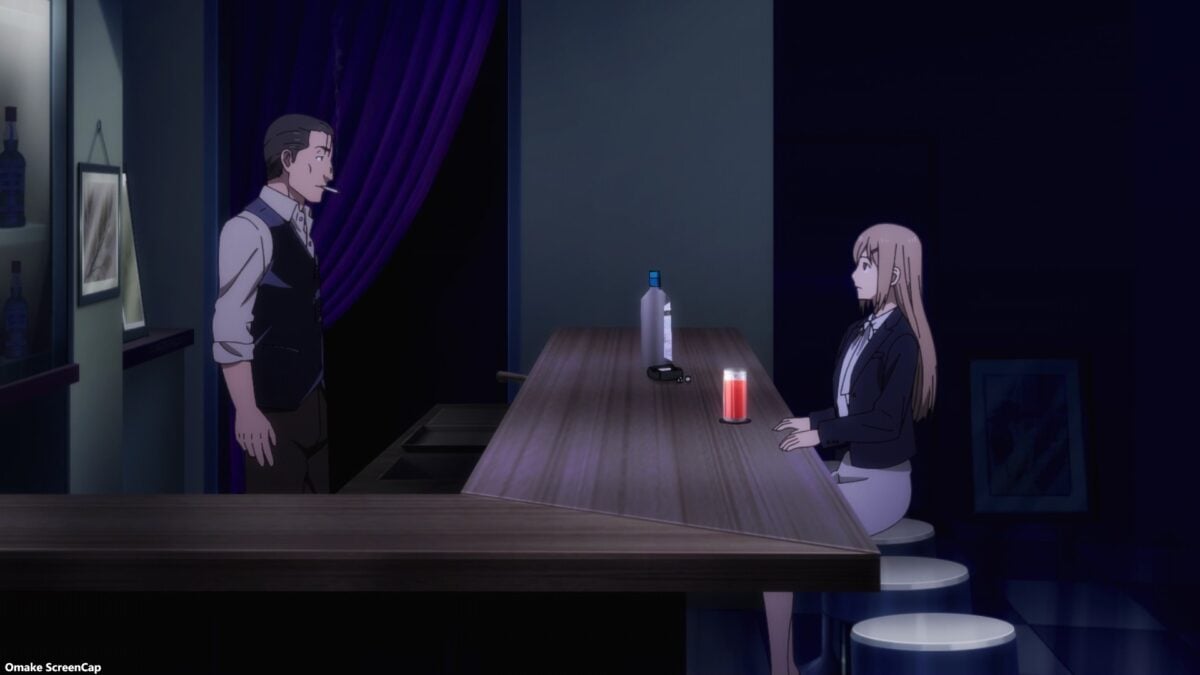
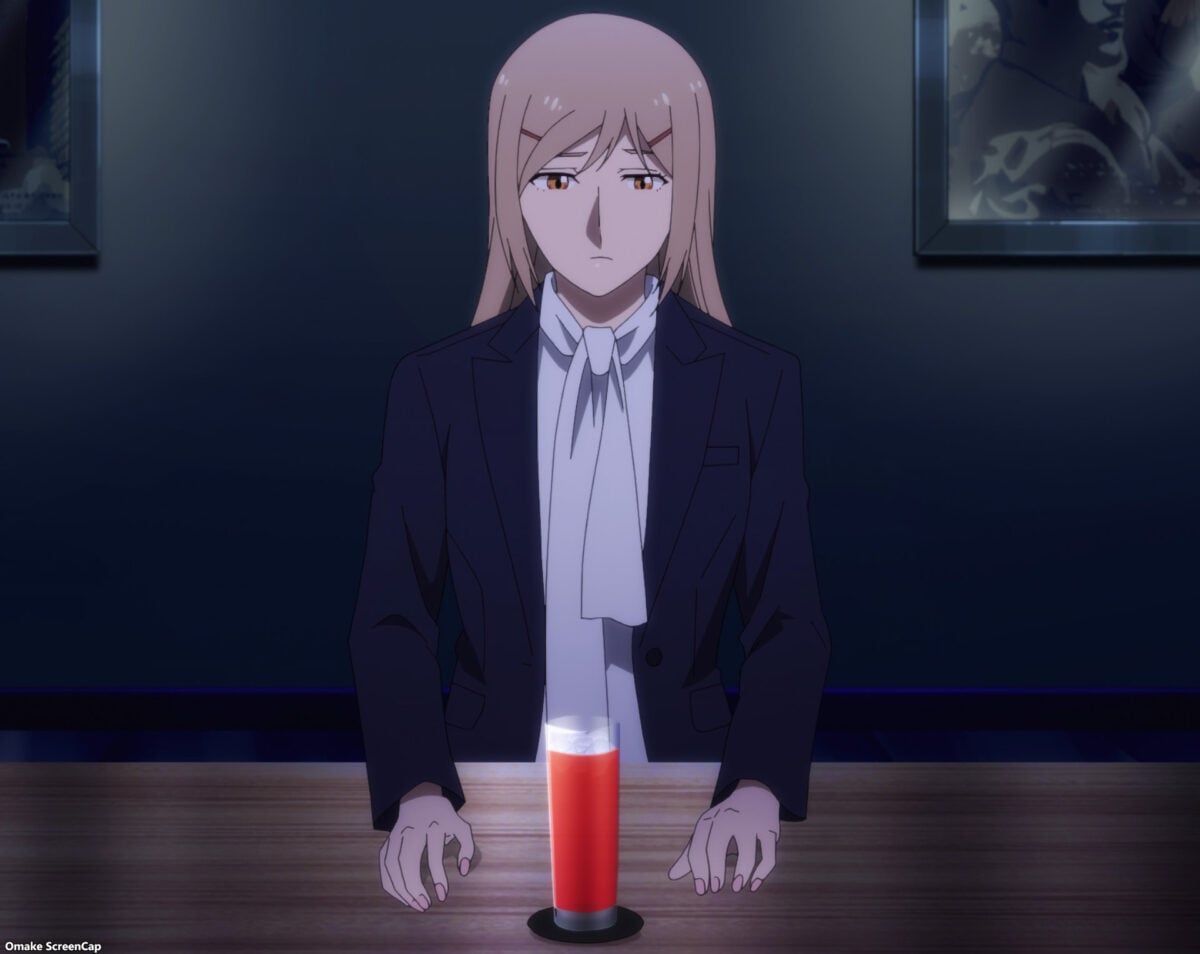
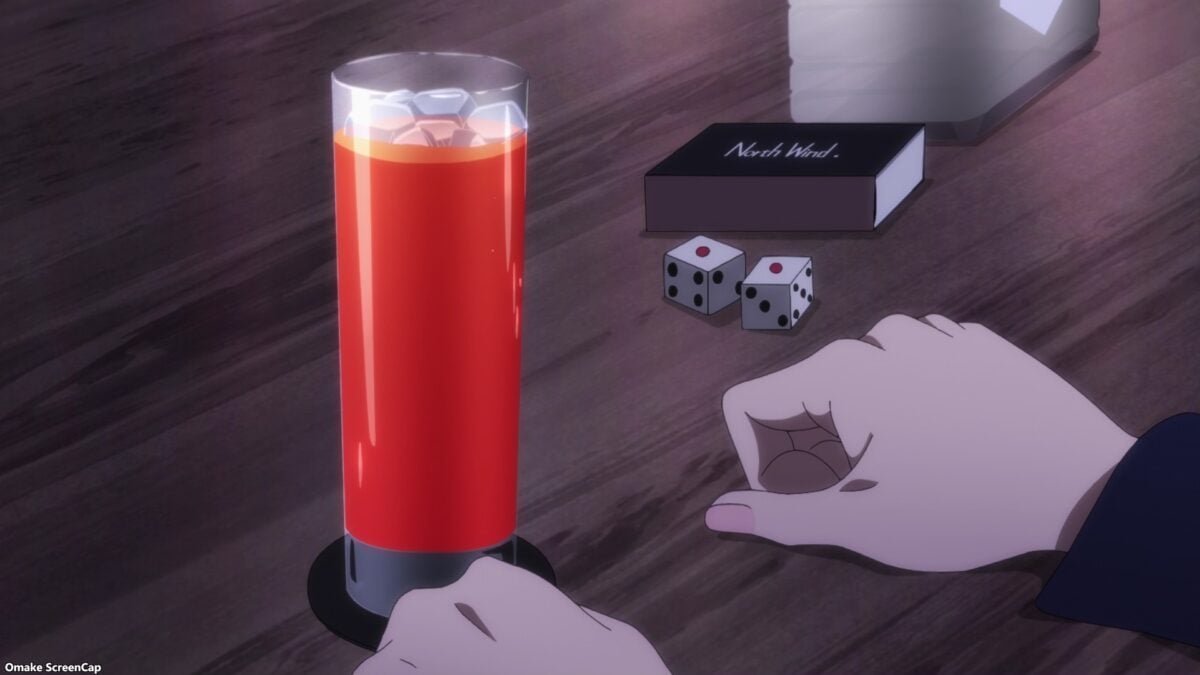
The most surprising thing about Kitakata’s versions of a Bloody Mary and a Bloody Caesar was the total absence of their garnishing decorations. Search on Instagram for any picture of a Bloody Mary, and what is the first thing you see? Not the bloody cocktail! The red tomato juice, Tabasco sauce, horseradish, and Worcestershire sauce mix usually hides under a salad of celery, skewered olives, pickles, hamburger sliders, bacon, asparagus, parsley, cucumber, lime, or anything else the head bartender thinks is trendy enough for wine o’clock during the Sunday Brunch hour. Gobsmacked. That’s me.
Funnily enough, if you ask a Canadian what they call a vodka drink mixed with Clamato juice, they don’t call it a “Bloody Caesar.” It’s just a Caesar. Does the clam juice added to tomato juice relate to Caesar dressing? No, because the fishy saltiness in the salad dressing comes from ground anchovies. The Caesar’s country of origin has no idea why its favorite spicy cocktail references Roman emperors. As for Mary I, the daughter of Henry VIII, who violently restored Catholicism as the state religion of England for a short time? Sure. Bloody Mary makes sense.
Brazil’s and Japan’s National Cocktail — Caipirinha and Chuhai
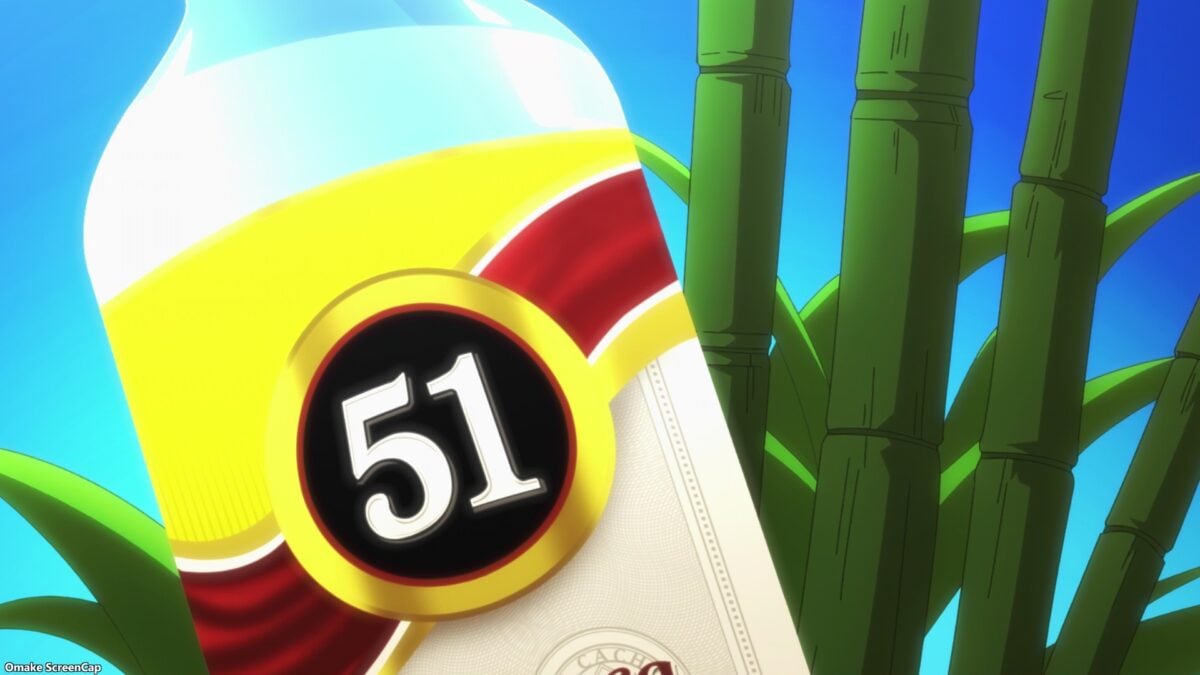
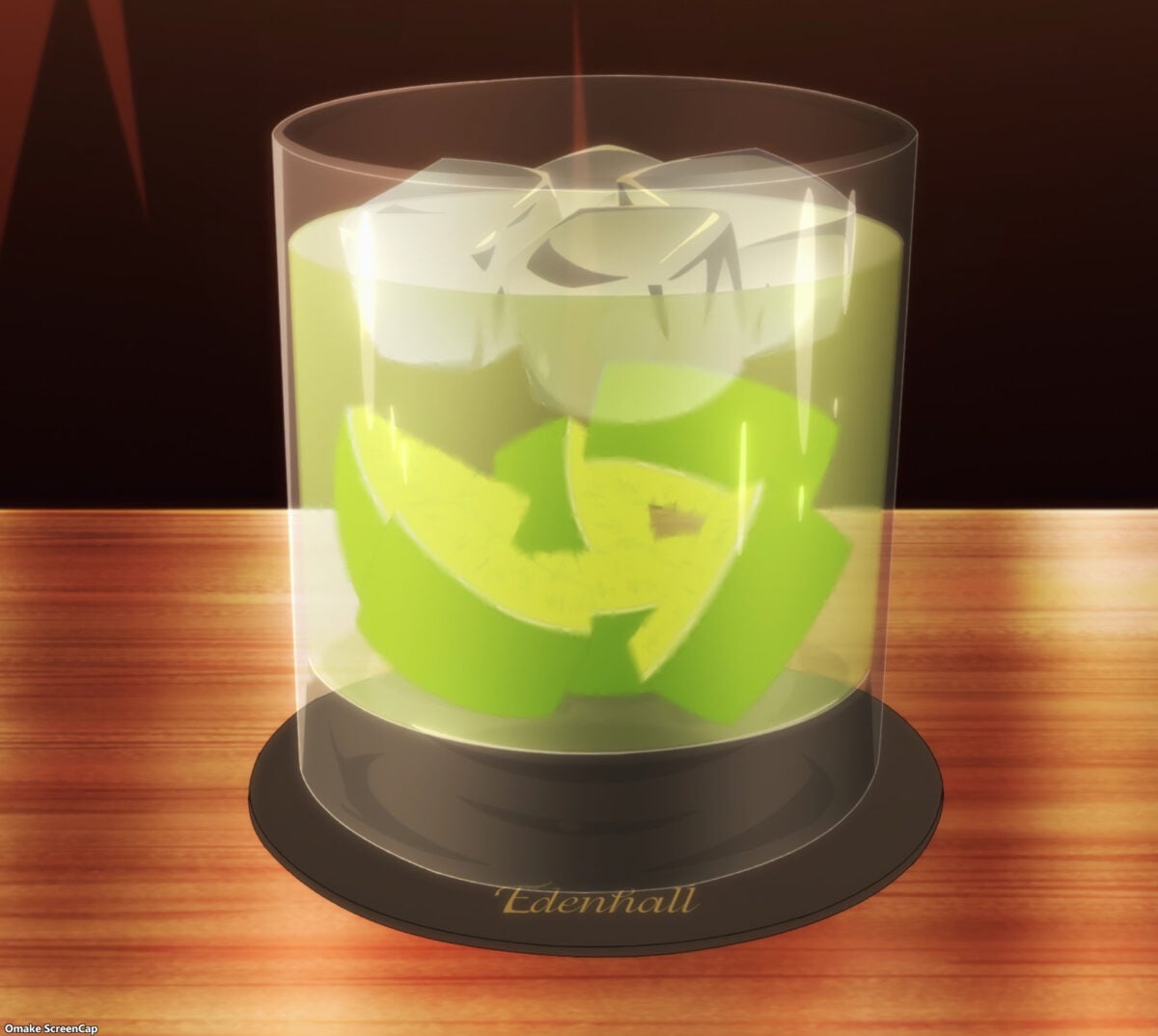
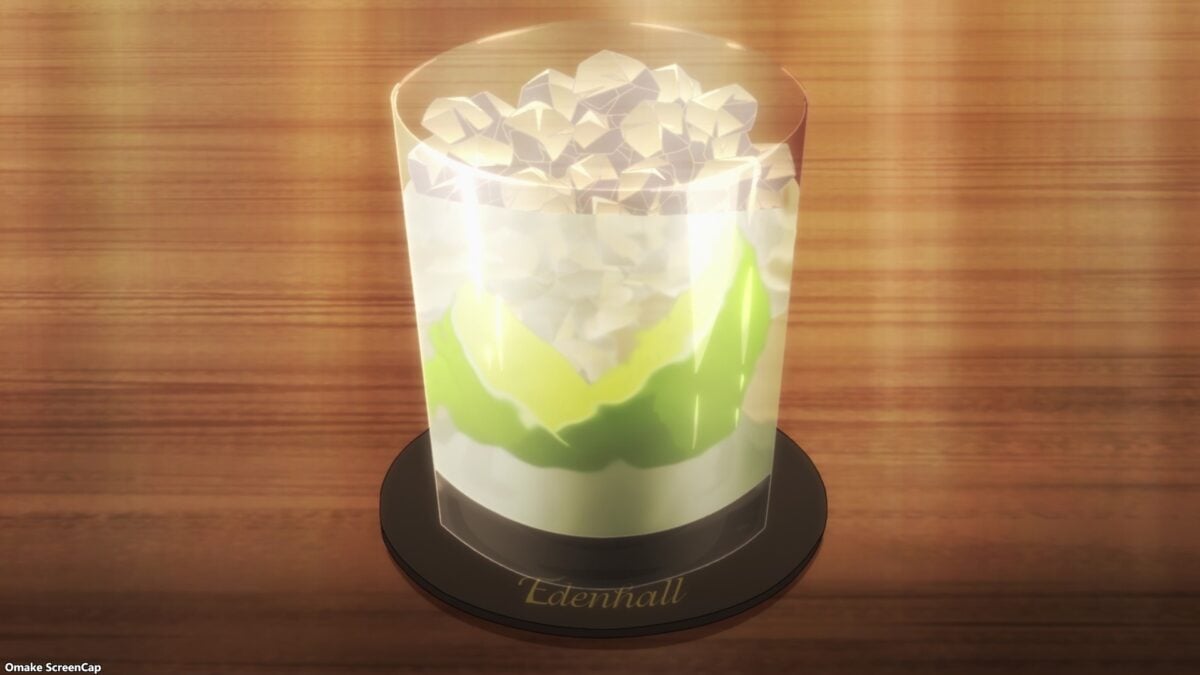
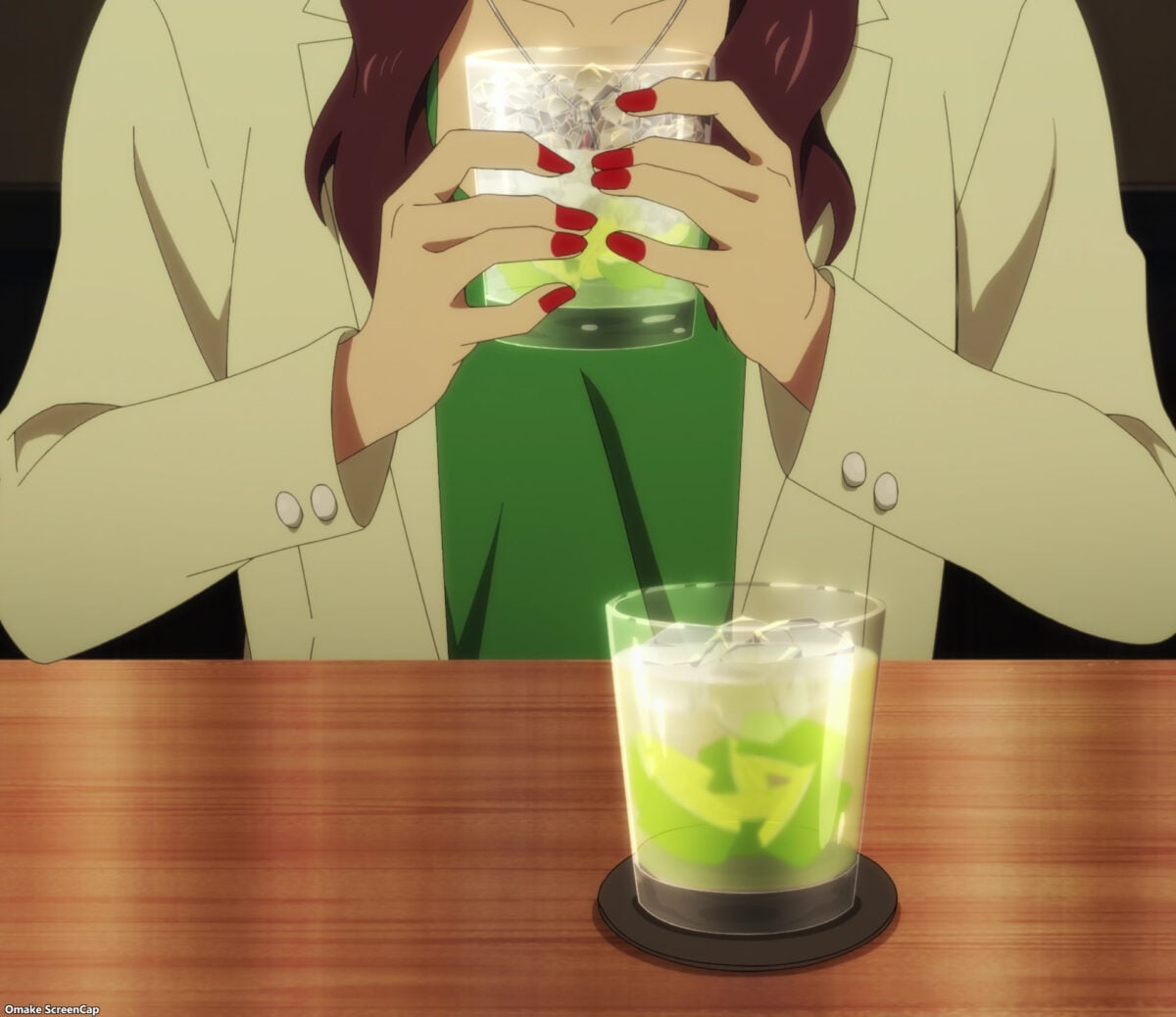
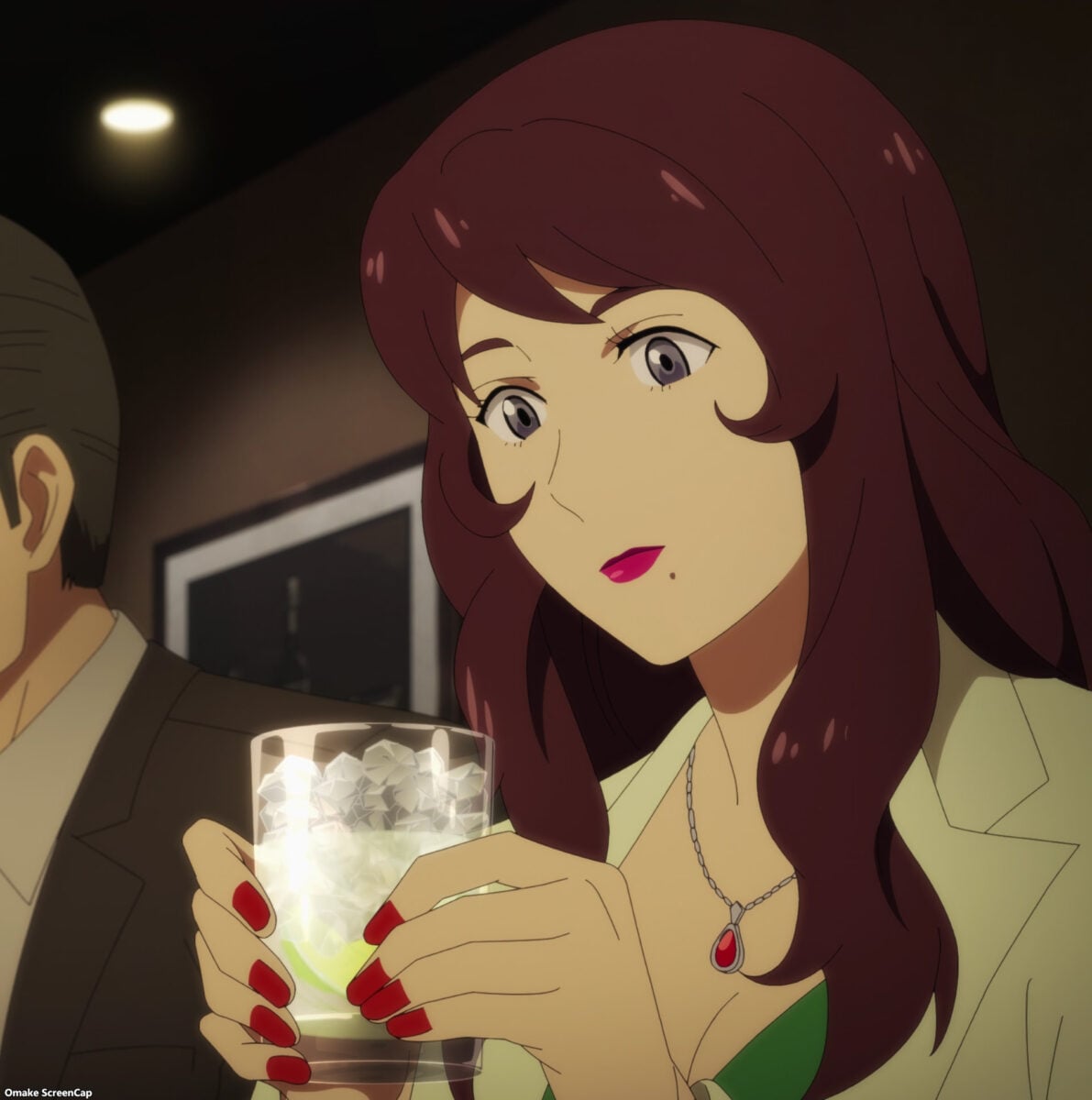
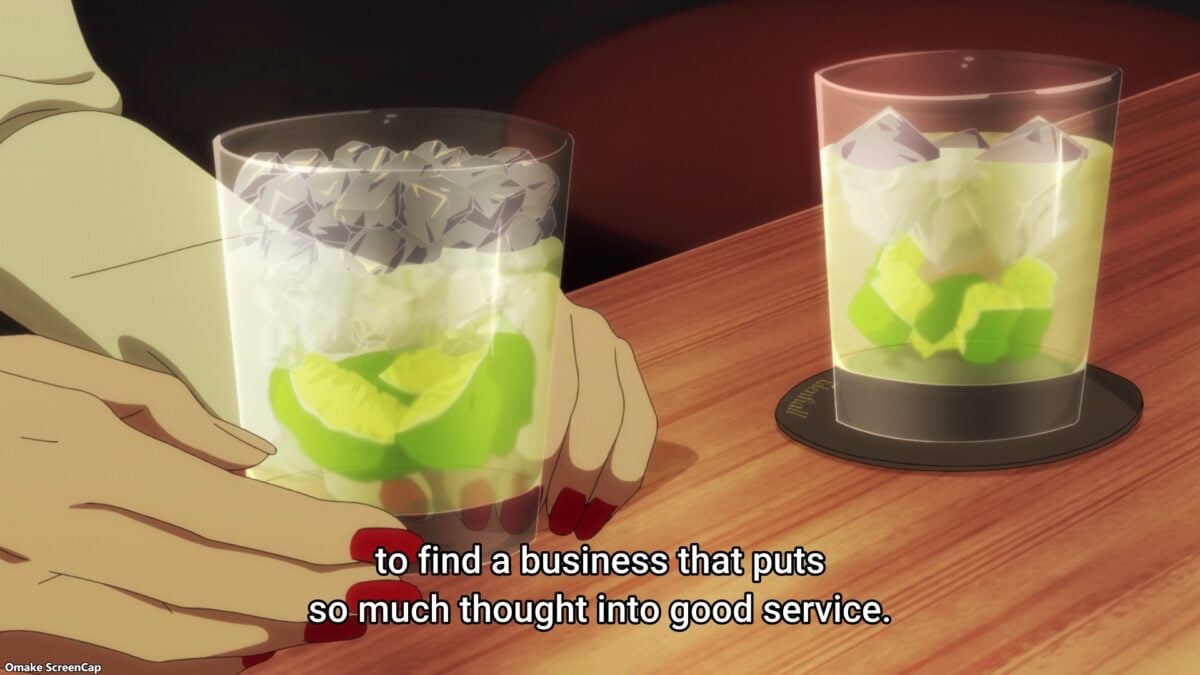
Bartender Glass of God returned to its roots briefly when Sasakura mixed two Caipirinhas to taste differently. Muddling lime differently, combining different sugars, and using different ice produced distinct flavor profiles. Supposedly, Kitakata received a Caipirinha in its original form, while Sasakura gave his hostess friend a sweeter, earthier version. But why did the Brazilian cocktail featuring lime rind, brown sugar, and cachaça (the Brazilian spirit distilled from fermented sugar cane juice) match an expectation of shochu and lemon-lime soda? Blame chuhai. What’s that?
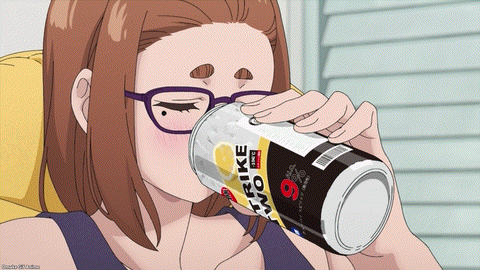
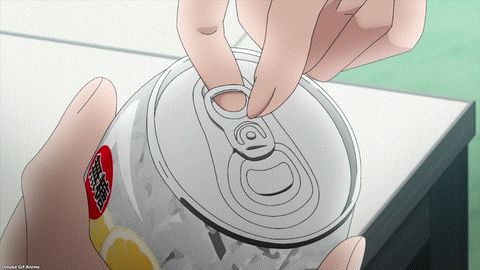
Anyone who has watched anime very long has seen adults buying chuhai cans at the local konbini (convenience store) or even from a vending machine. Chuhai is a portmanteau of shochu and highball, a cocktail of shochu spirits and soda in a highball glass with ice. Remember — a highball is any cocktail with liquor, soda, and ice inside a tall glass. Chuhai is the Japanese equivalent of hard lemonade or hard seltzer. Imagine getting those items from vending machines! Also, the Japanese usually drink shochu with carbonated water and other fruit flavors instead of straight, like sake. In Snack Basue last season, the snack bar almost exclusively sold shochu bottles to its regulars but always mixed them with soda water and ice in a highball glass.
When Kitakata’s hostess friend asked for shochu, Sasakura knew what she meant. The bartender only had to devise a chuhai substitute from the spirits and ingredients behind the bar. Japan’s national cocktail deserves another nation’s favored drink. How about Brazil?
What Comes Next for Bartender Glass of God?
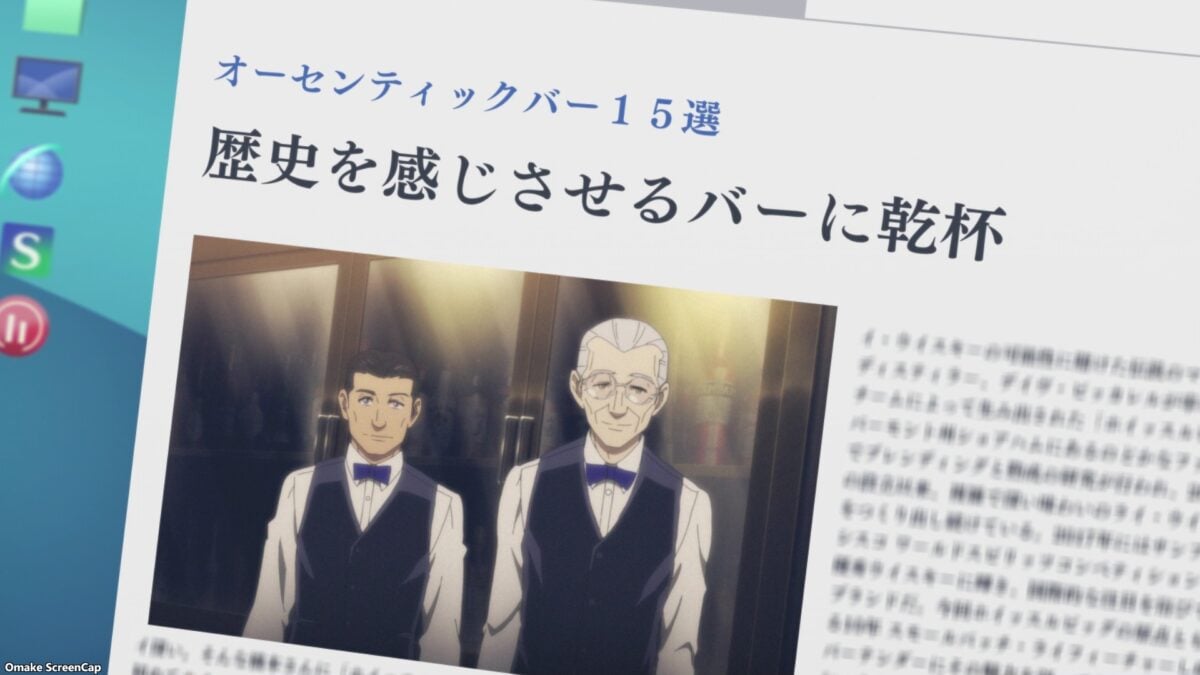
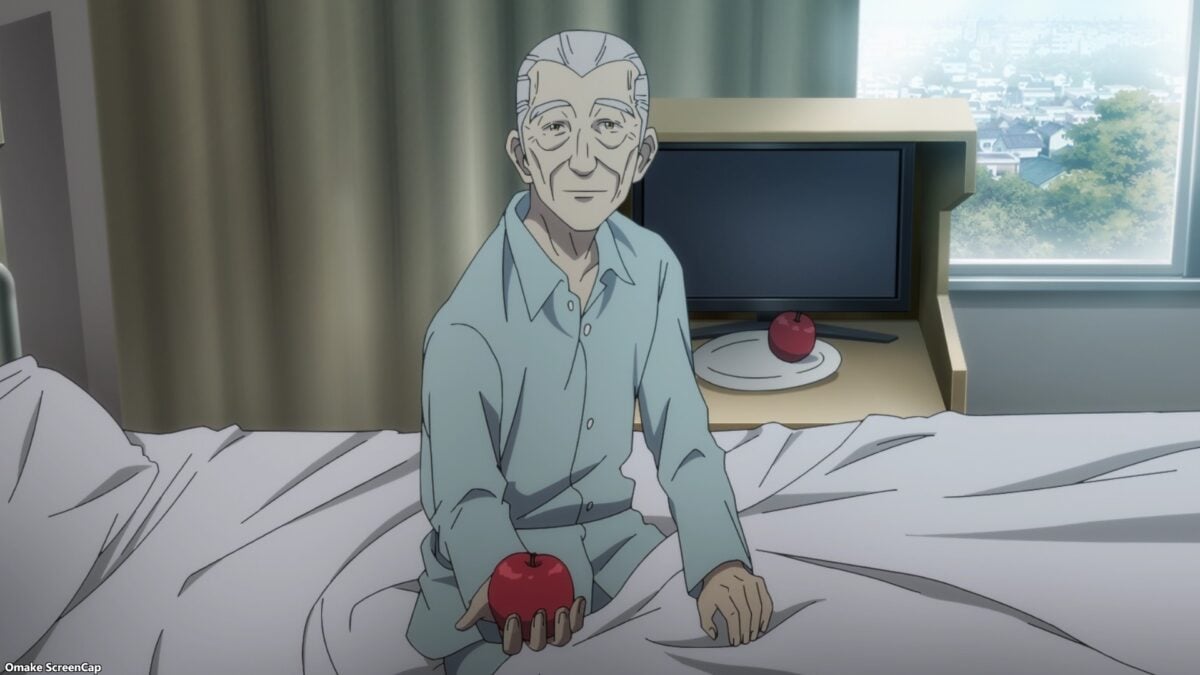
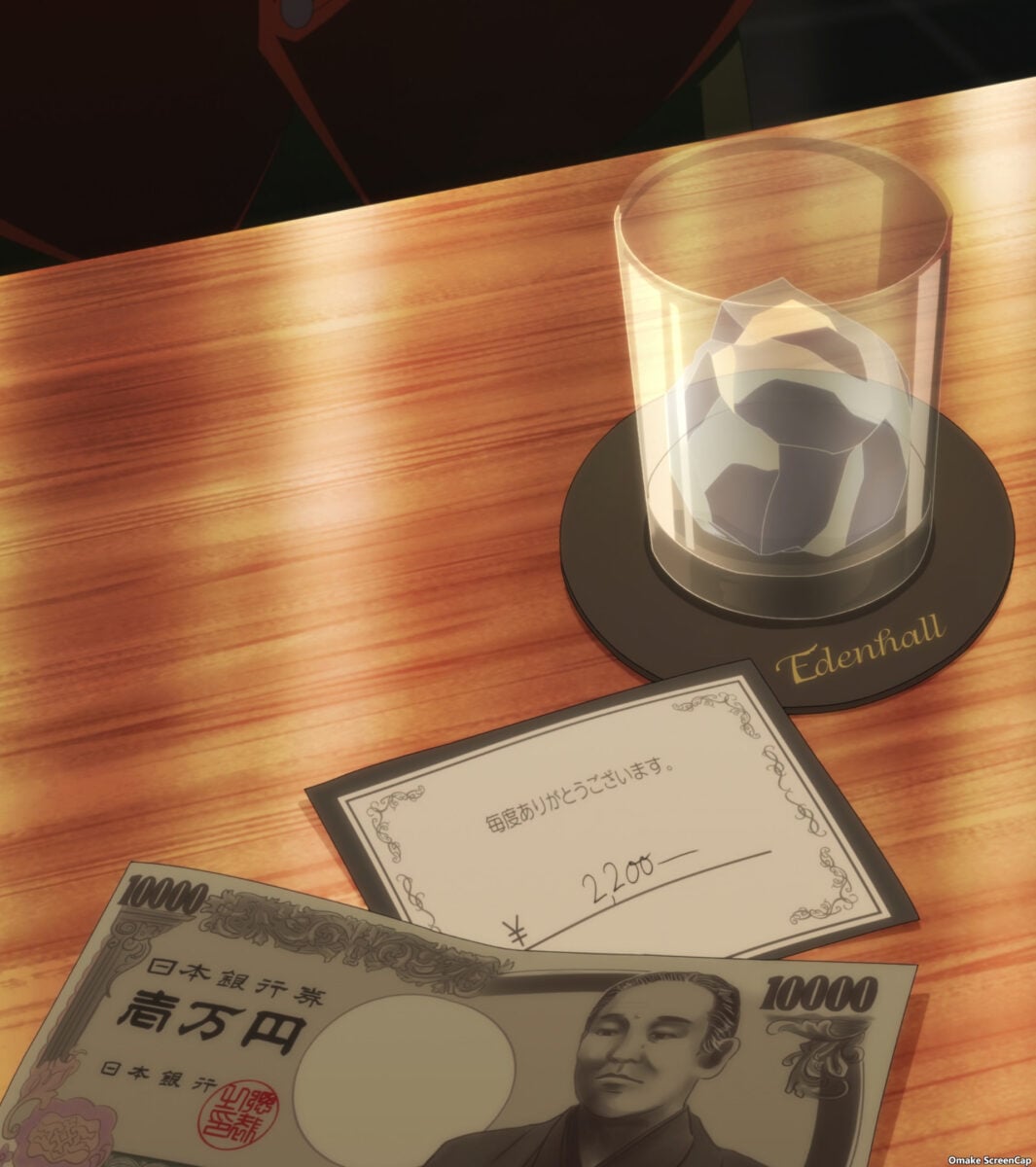
From an overall narrative perspective, we have broad strokes of Sasakura’s backstory and a possible traumatic reason for his return to Japan from France. Kitakata heard how Sasakura blamed himself for a customer’s death. And perhaps an explanation for his fear of heights.
Here’s speculation — Sasakura tried to heal a distraught customer who leaped off a tall building. Is this why he’s even more desperate to perfect the Glass of God? And do others know Sasakura needs psychological healing for himself? Perhaps. The elder Kurushima obviously conspires with the owner of Edenhall. But the more curious mystery: Who is “Maki-kun,” the owner of Edenhall? Do you have theories? Let us know in the comments below.
Let’s Chat
You made it to the end of this post! Thank you! As a token of our appreciation, enjoy an extra 5% off your next order when you use the code BLOG at checkout. Also, don’t forget to follow J-List on all our platforms!
- Twitter / X, where Peter posts anime booba for you
- Bluesky, where we post several times a day
- Facebook, where we used to share memes and discuss anime
- Discord, if you want to chat with other J-List customers of culture
Bartender Glass of God (Bartender: Kami no Glass) streams on Crunchyroll in Japanese audio and multiple language subtitles. Bartender (2006) also streams on Crunchyroll in Japanese audio and English subtitles.

Valentine’s Day is coming, and J-List is showing how much we love our customers with a big sale! Until February 15, get 15% off all in-stock products shipping from Japan automatically. Time to stock up on awesome hentai products, ero lotion, and our world-famous “dolphin polishers” from Japan! Start browsing here.


